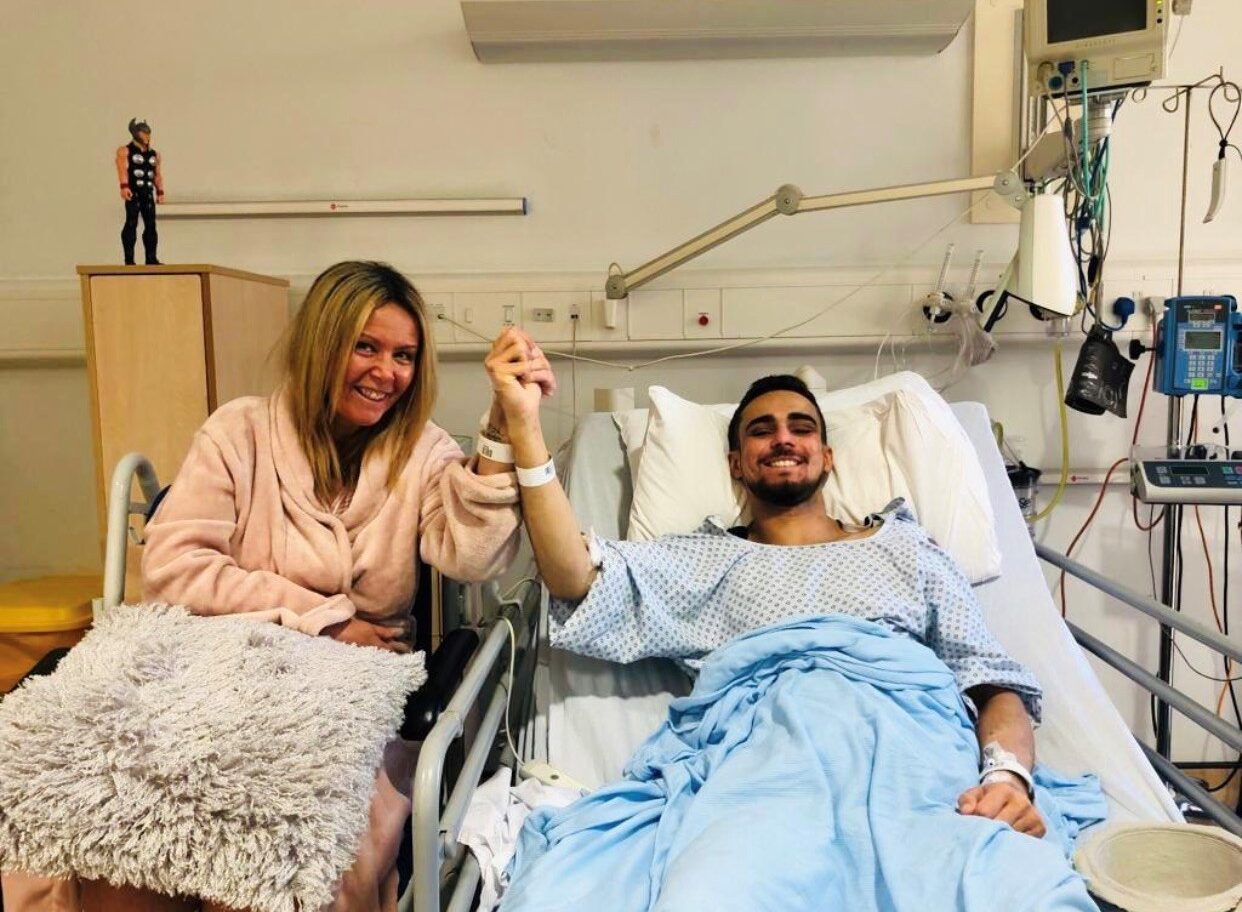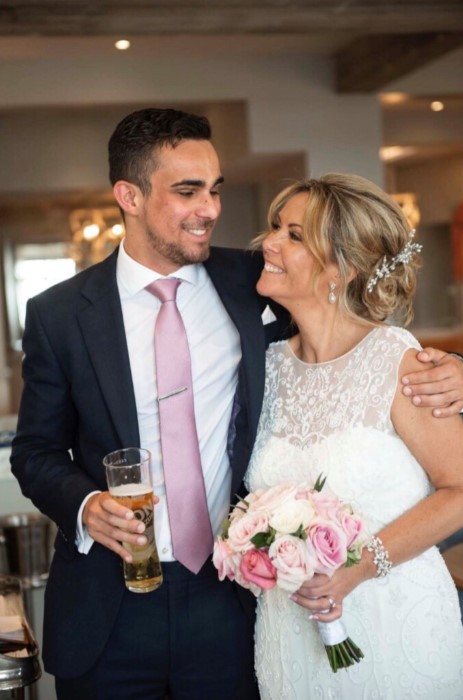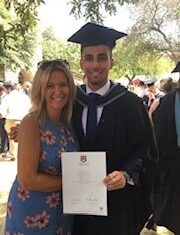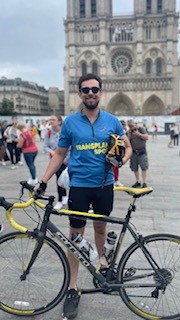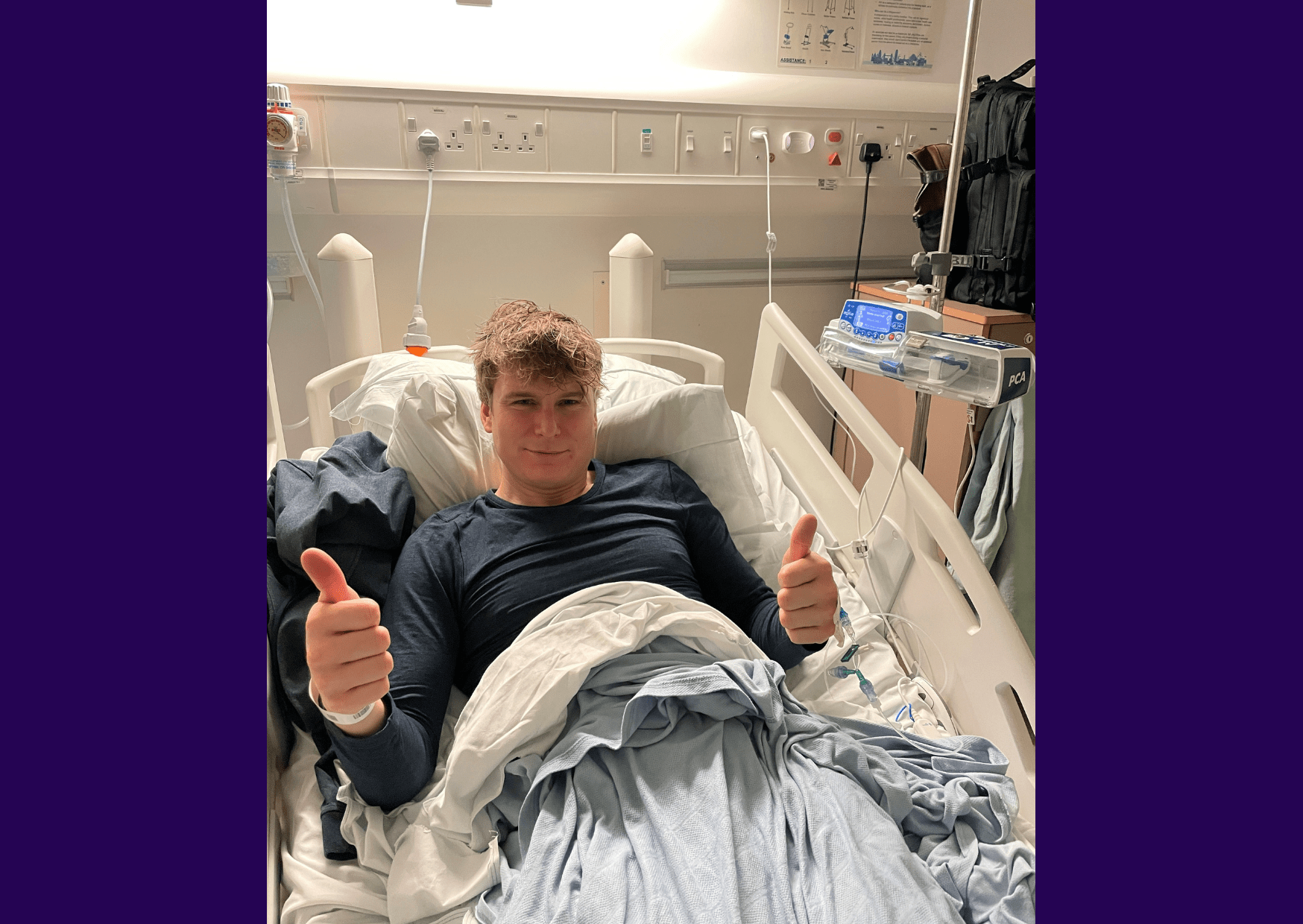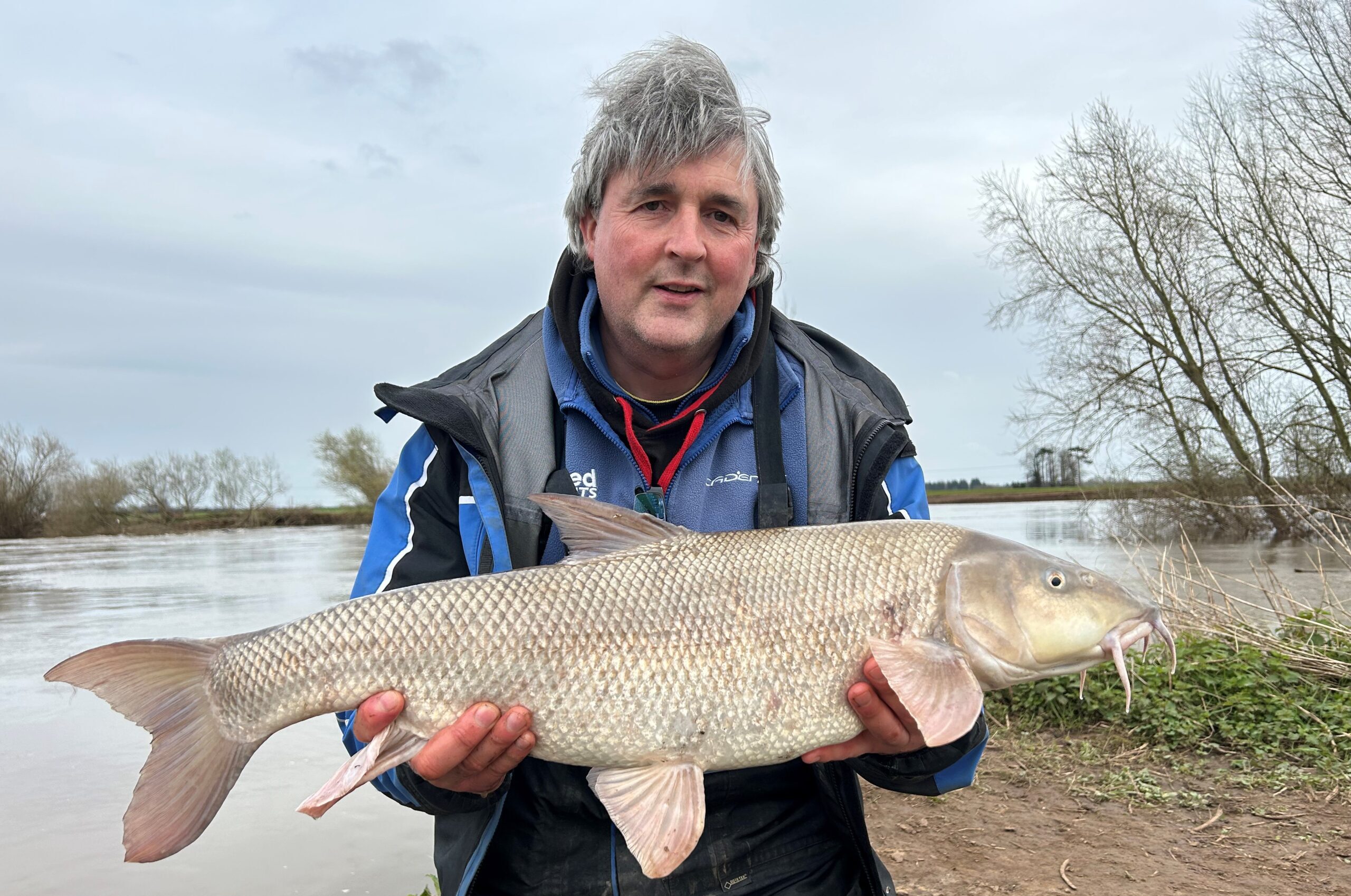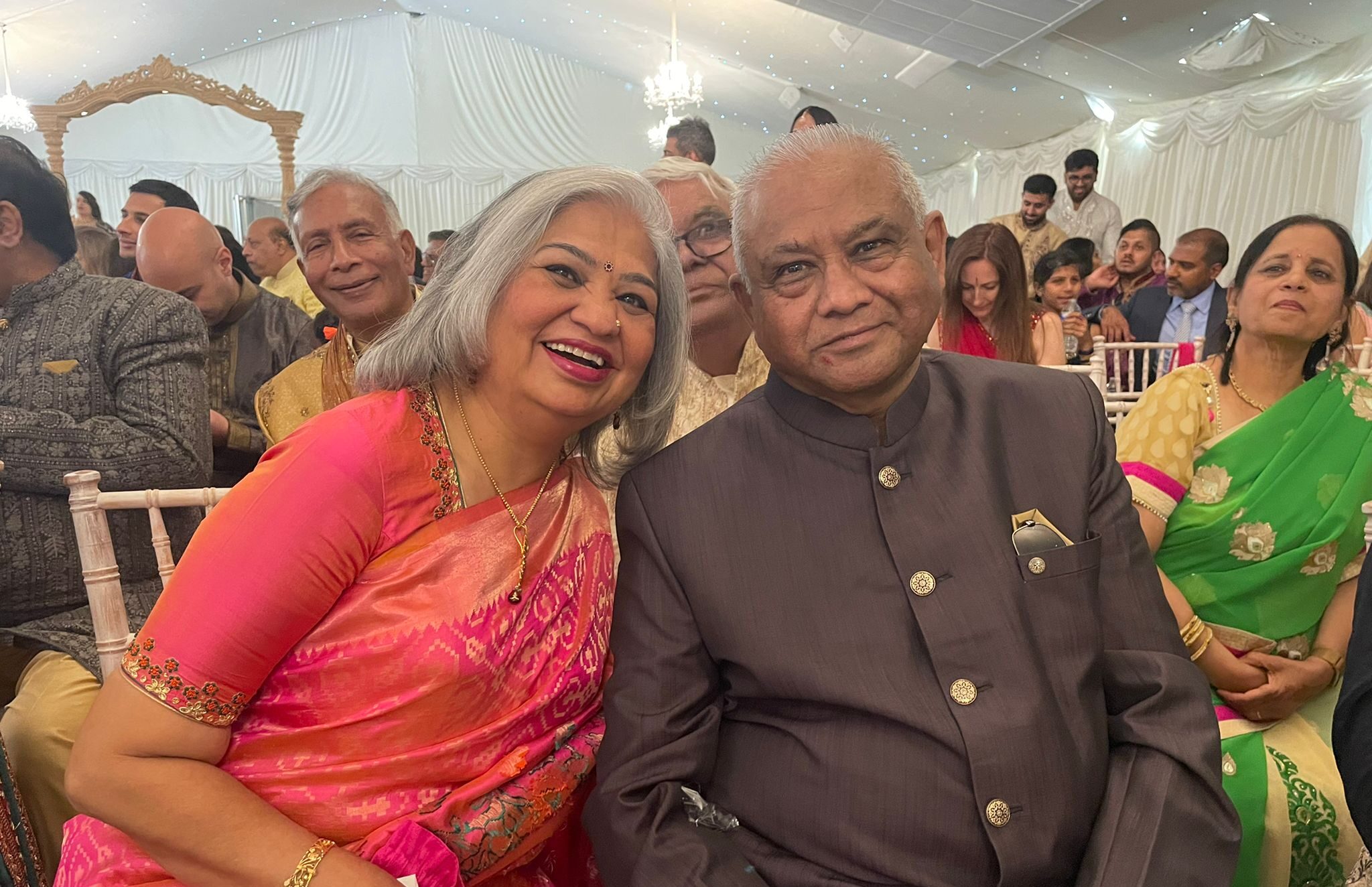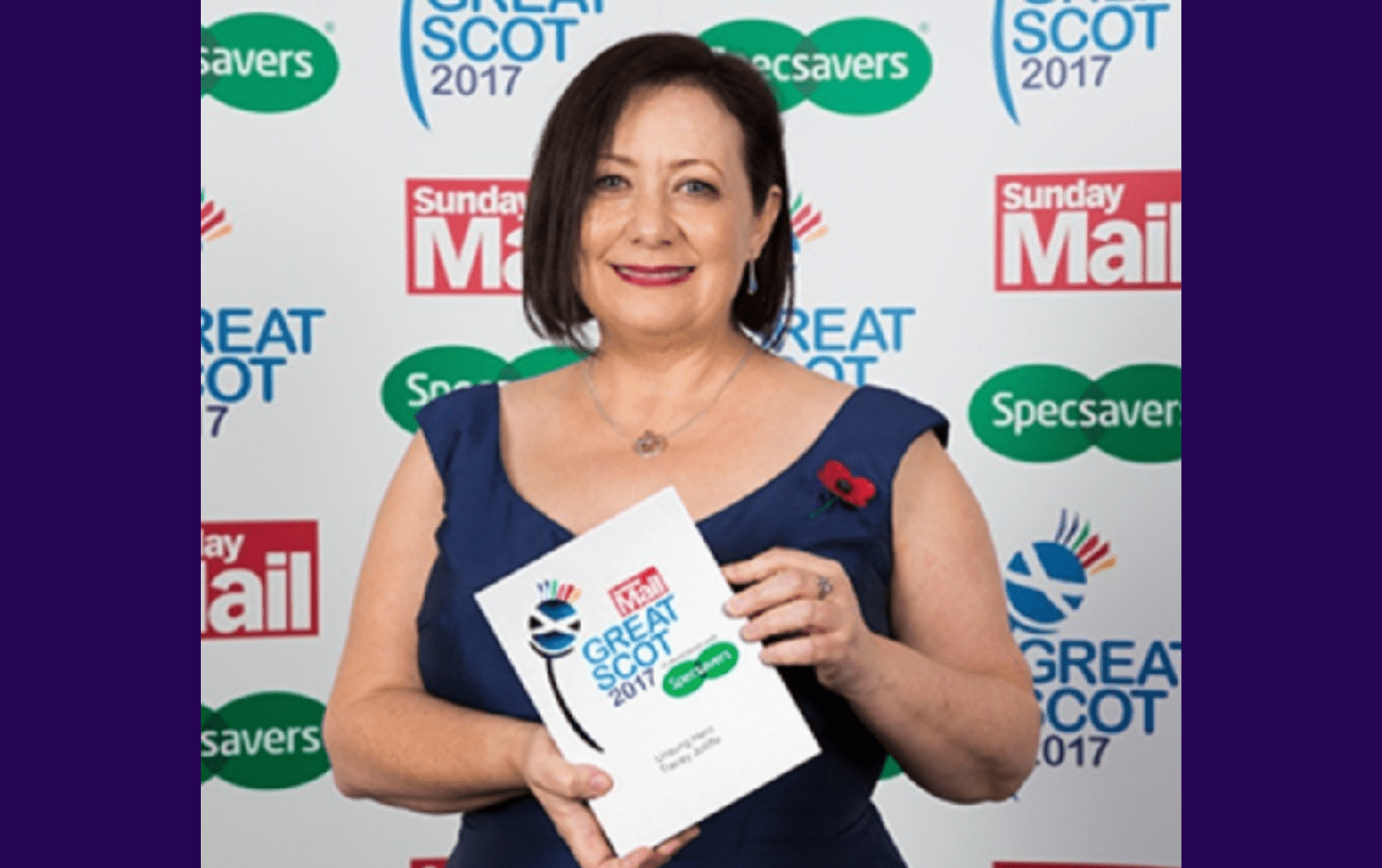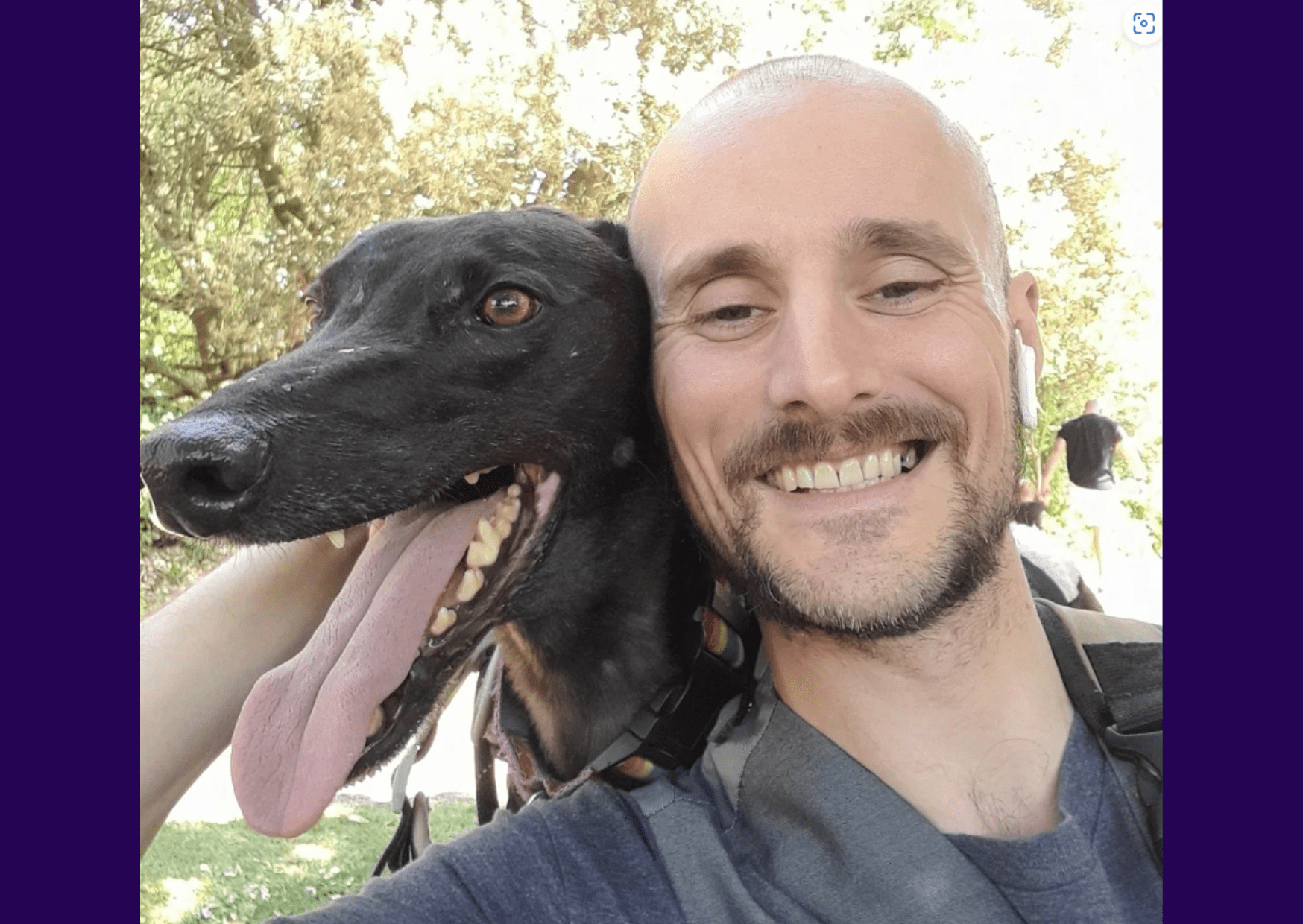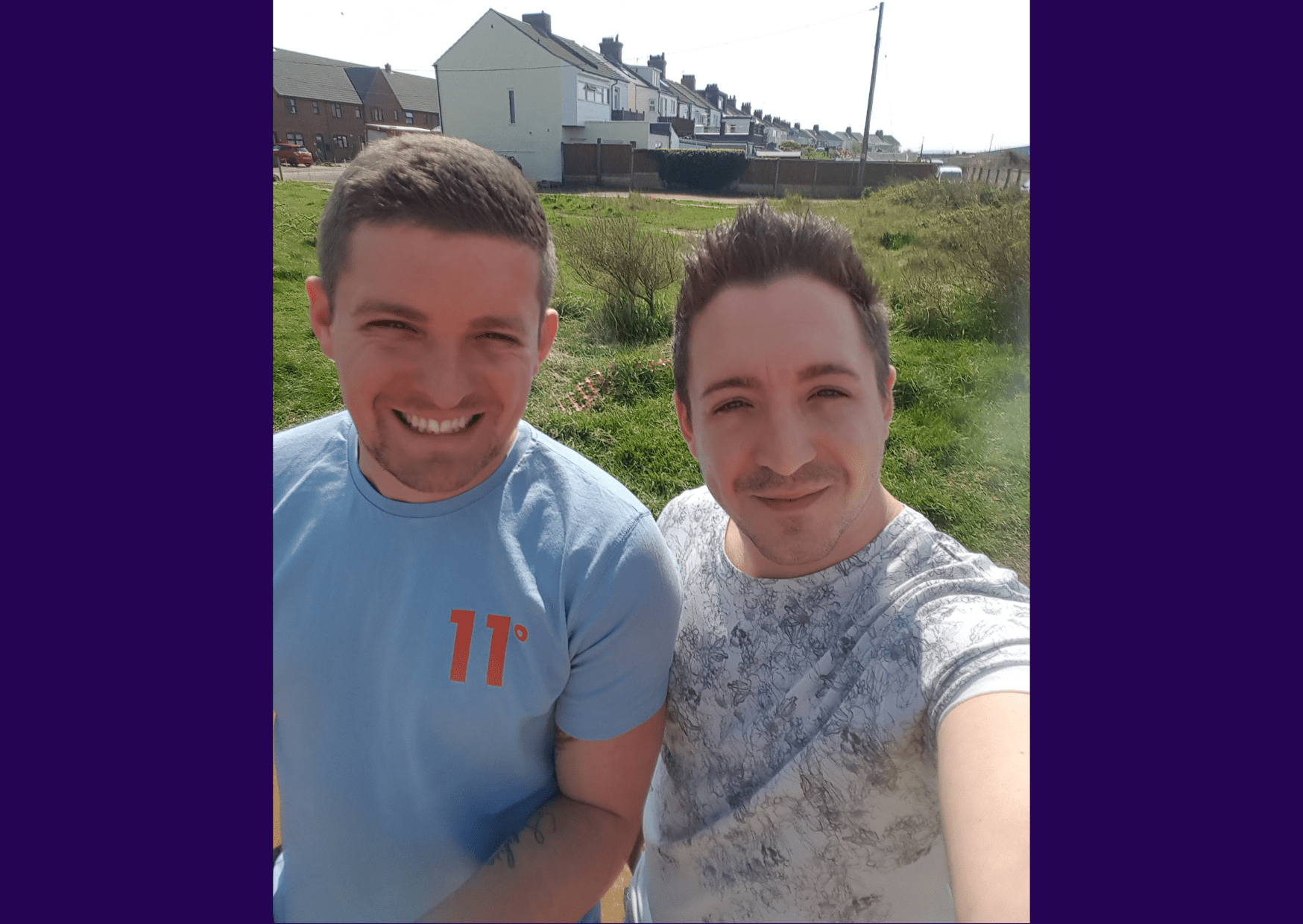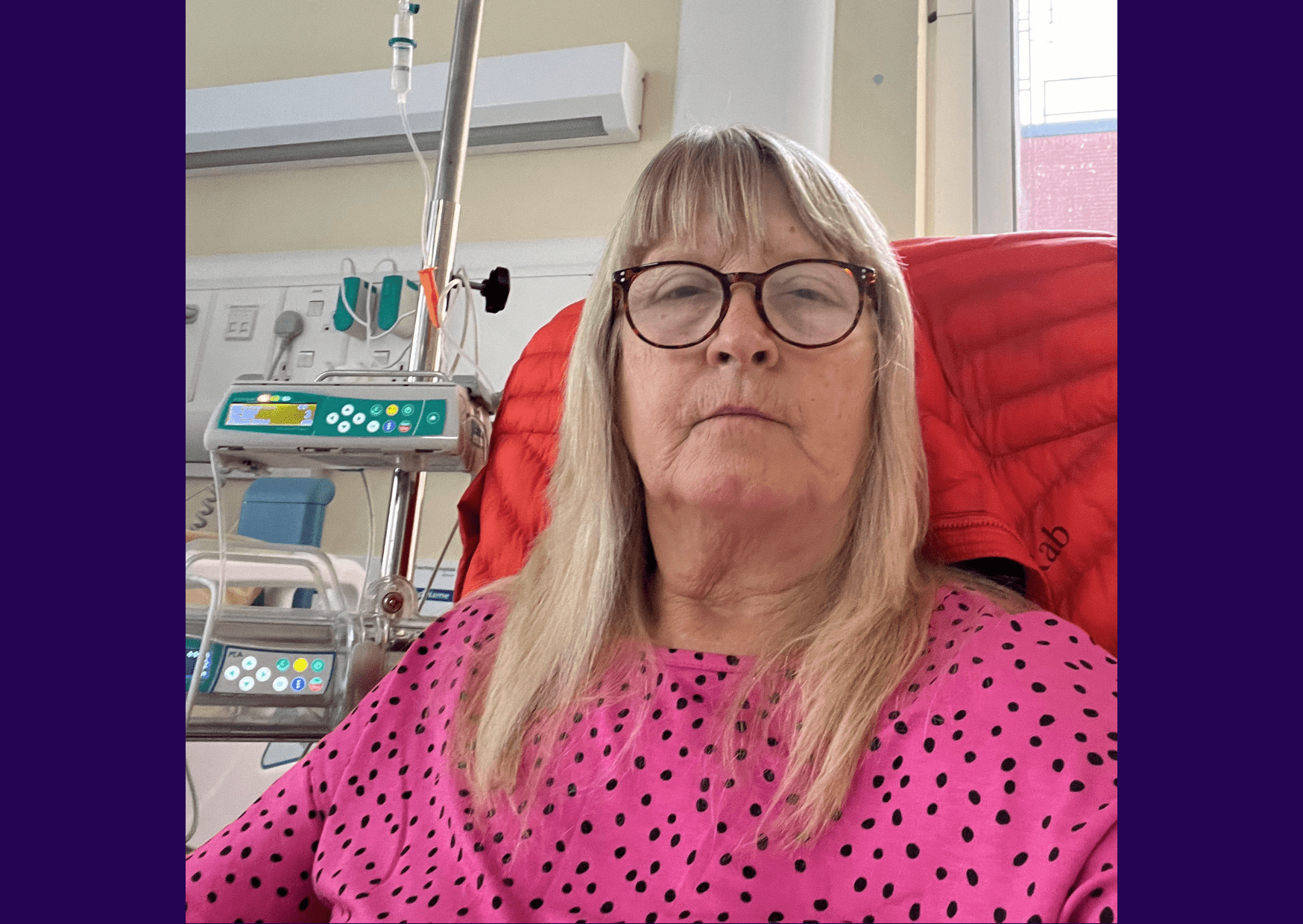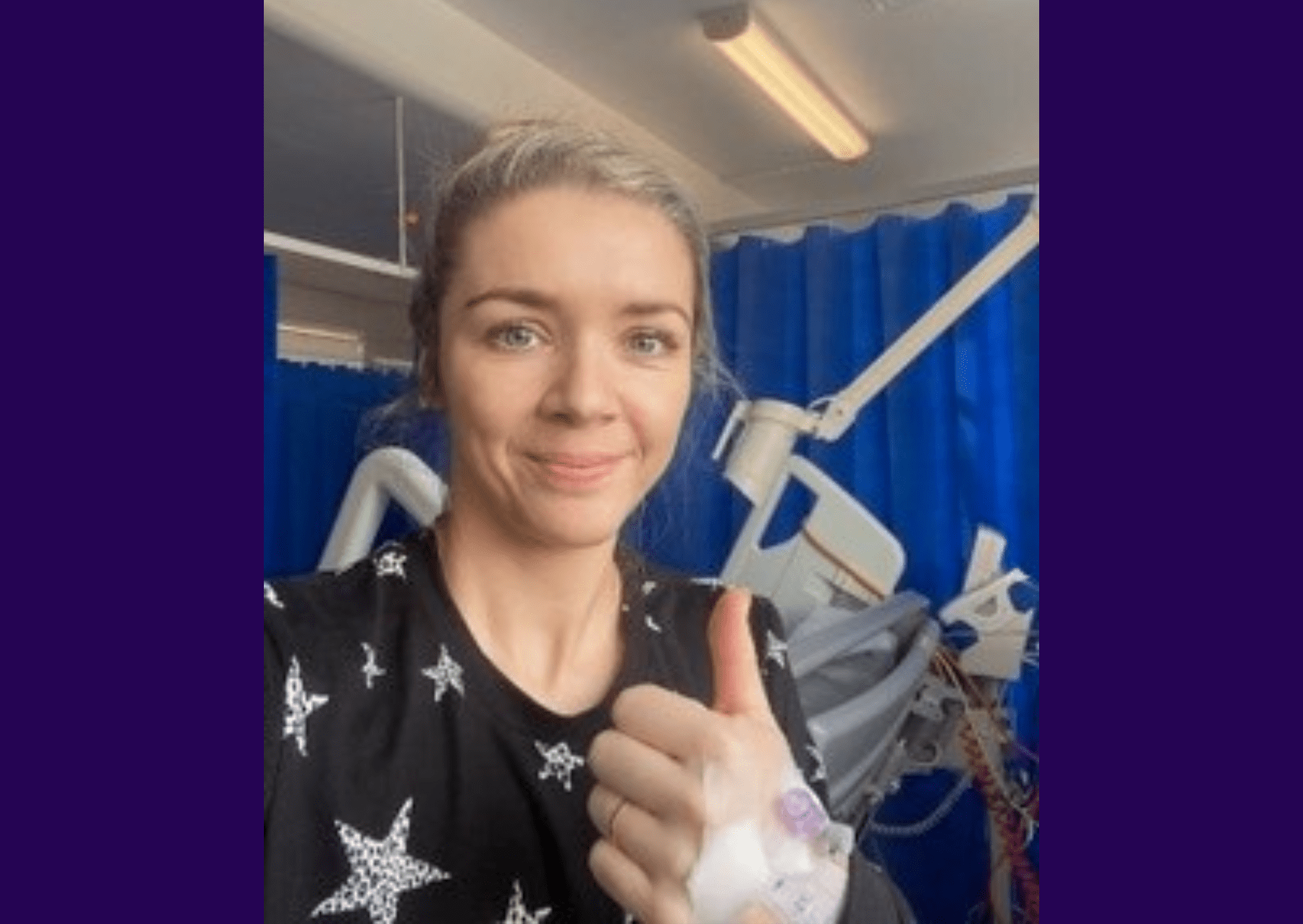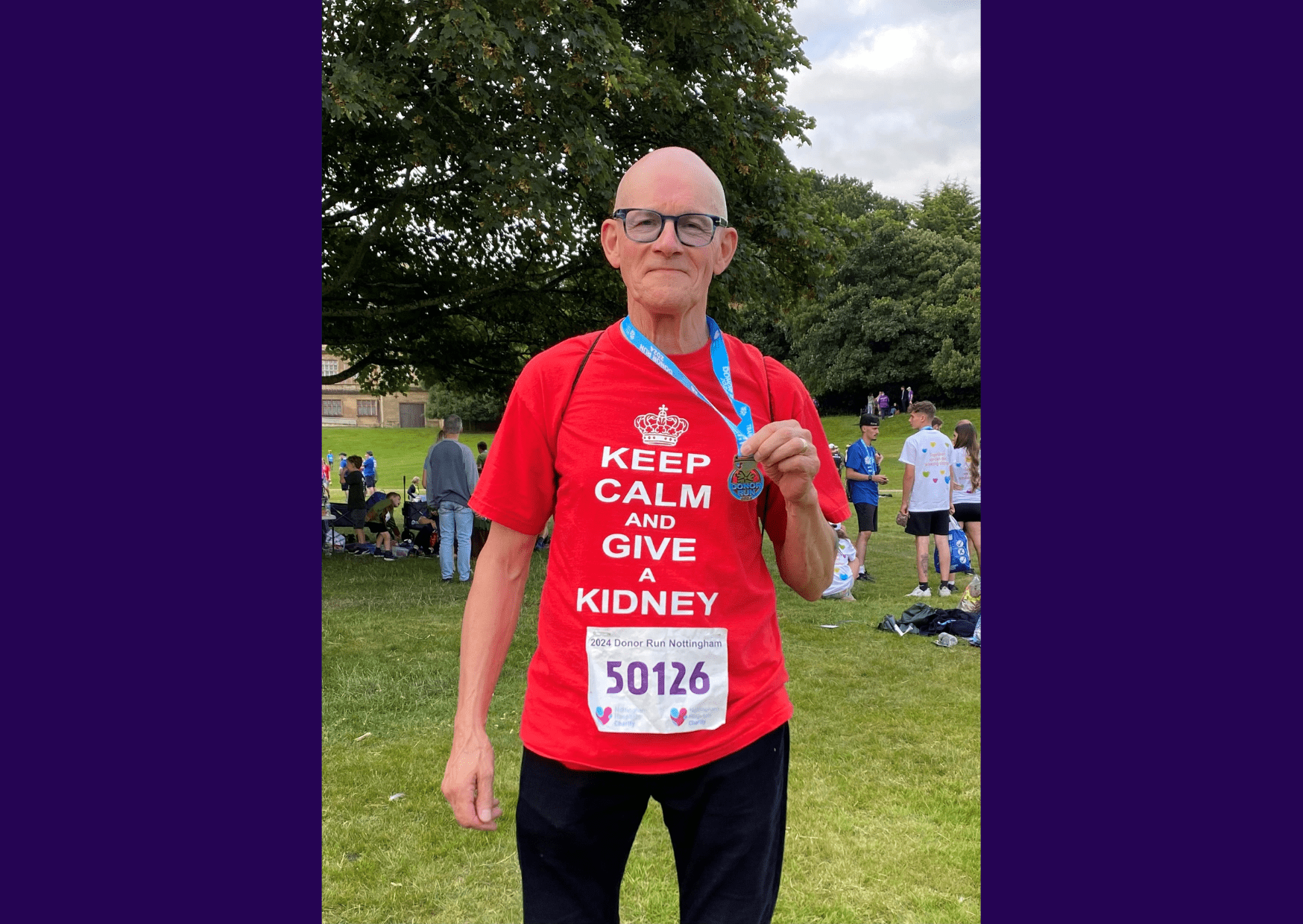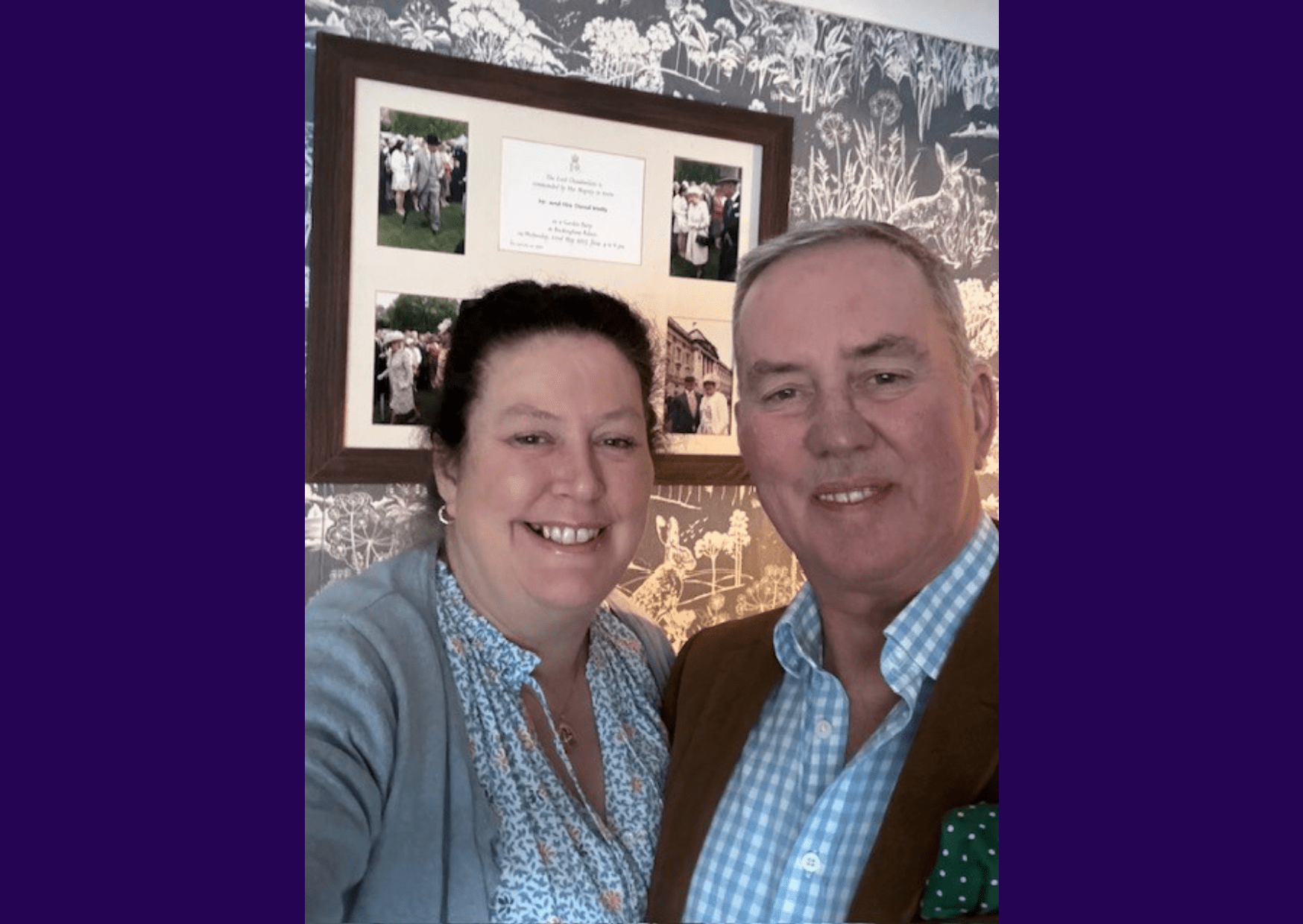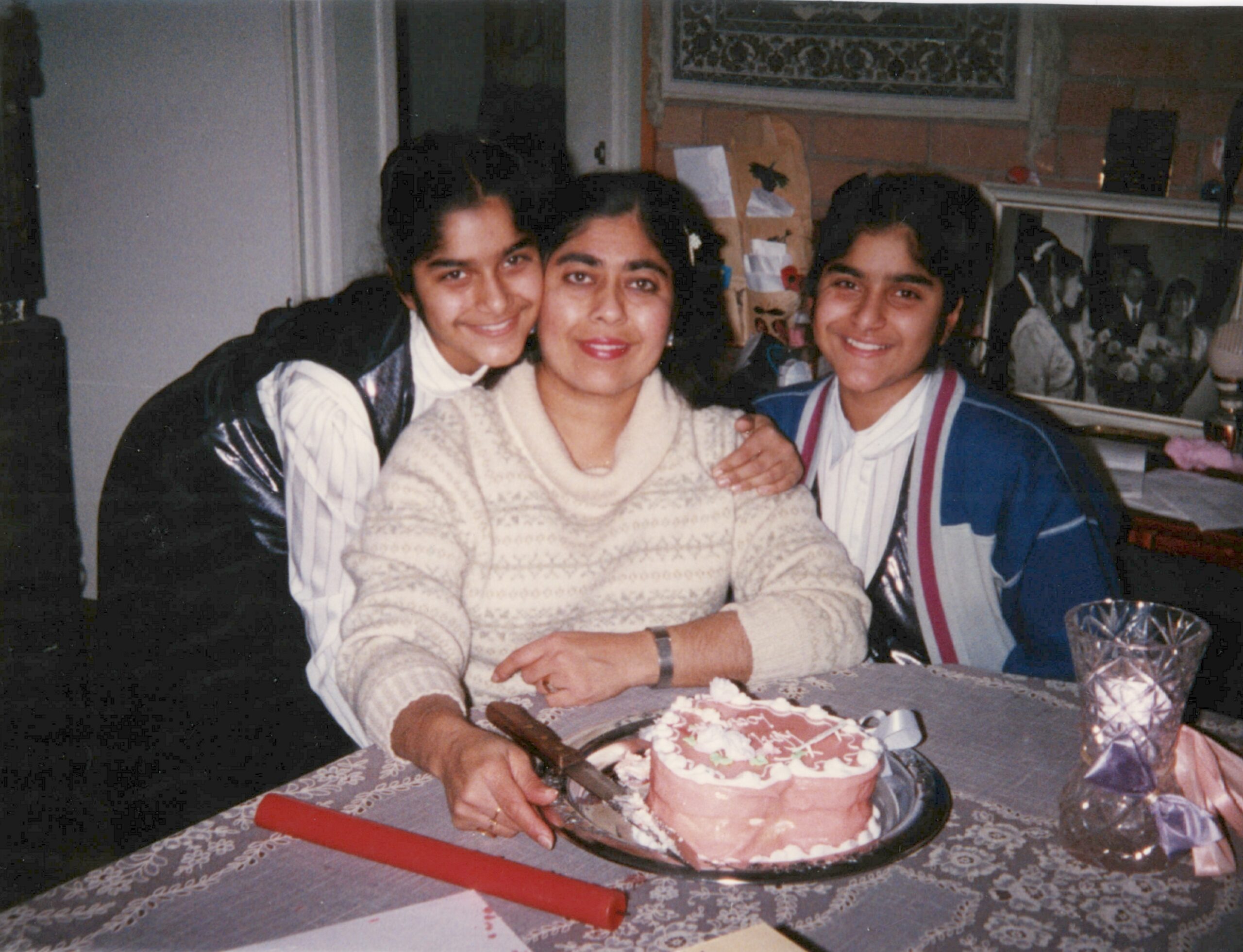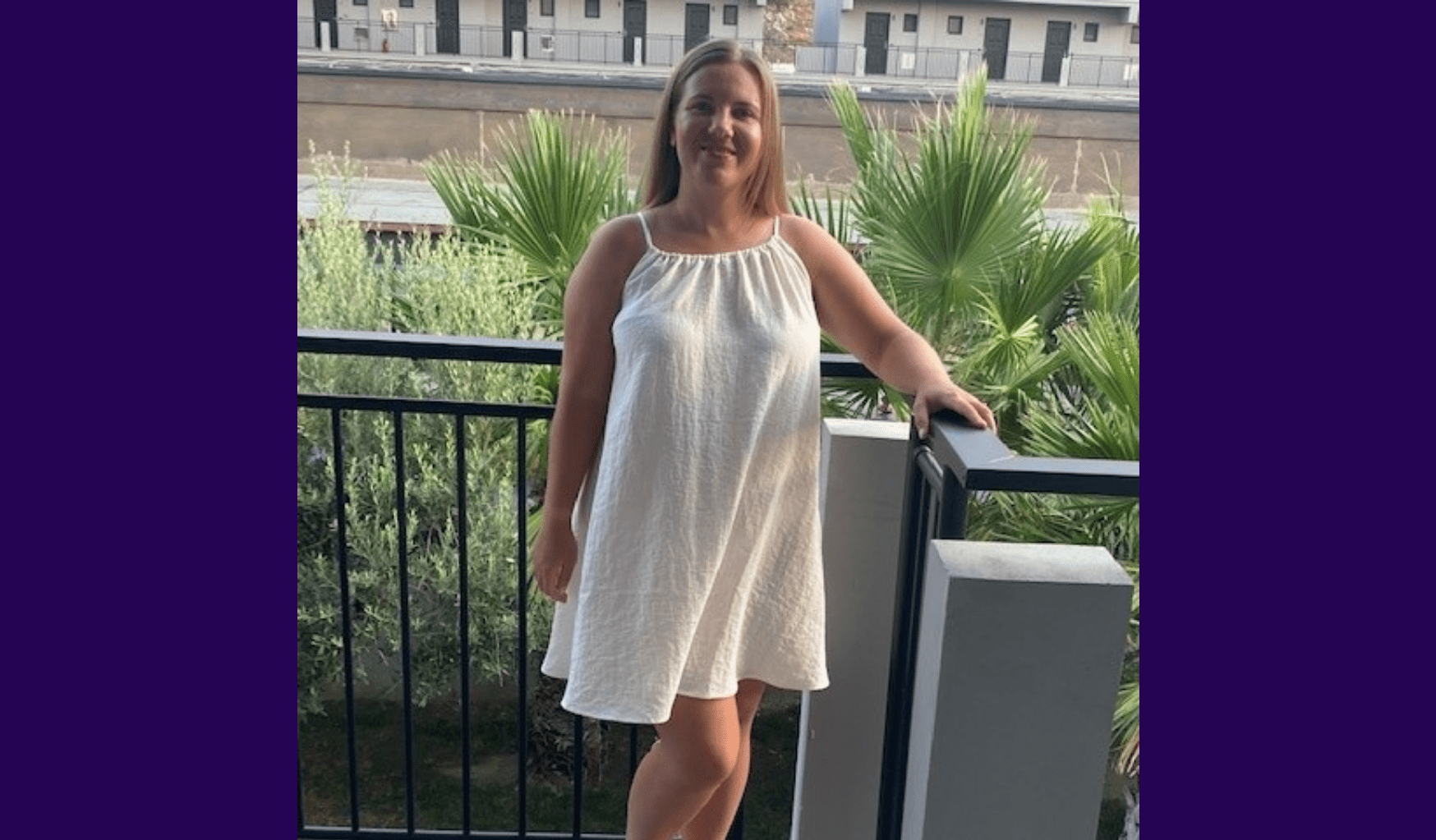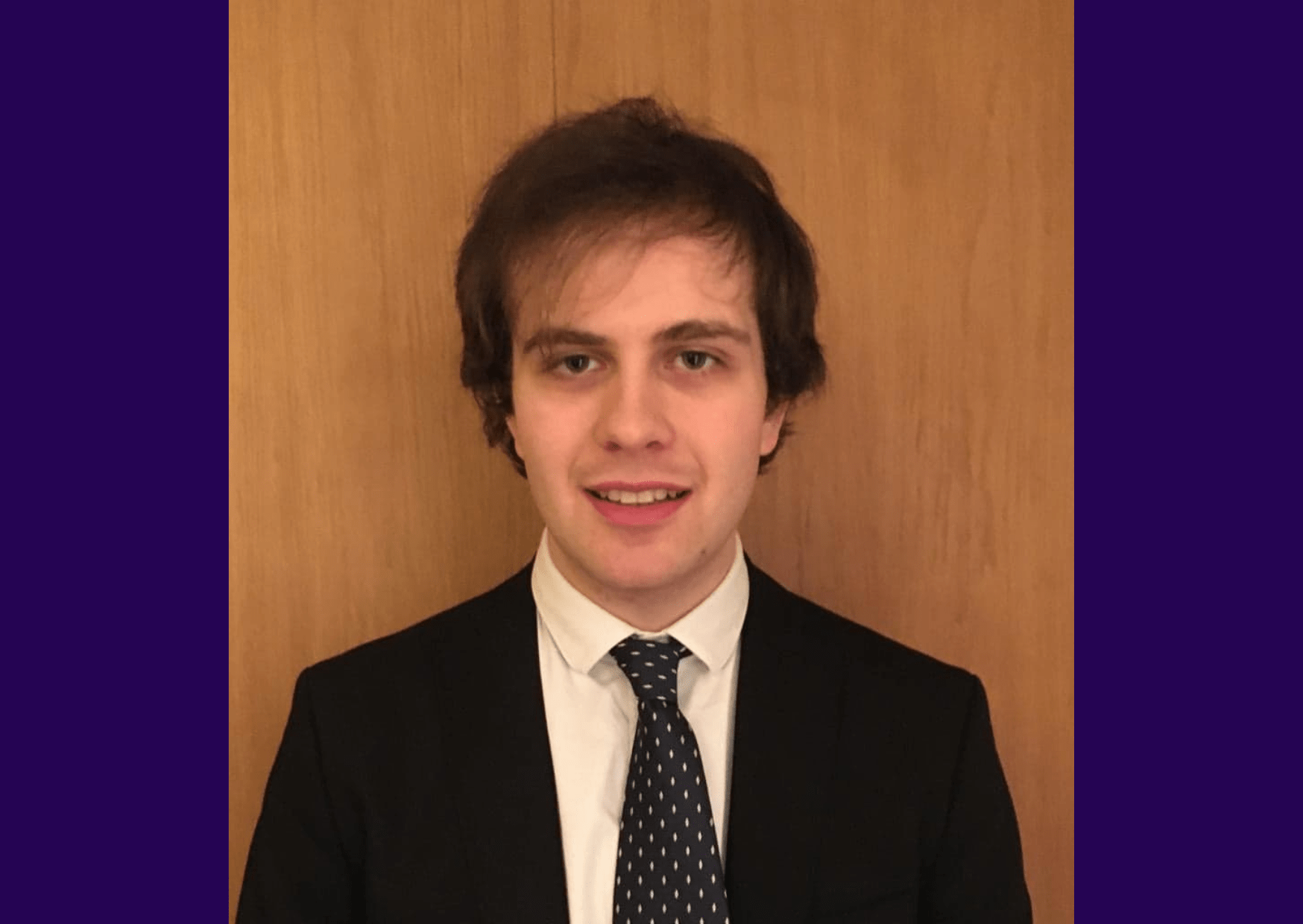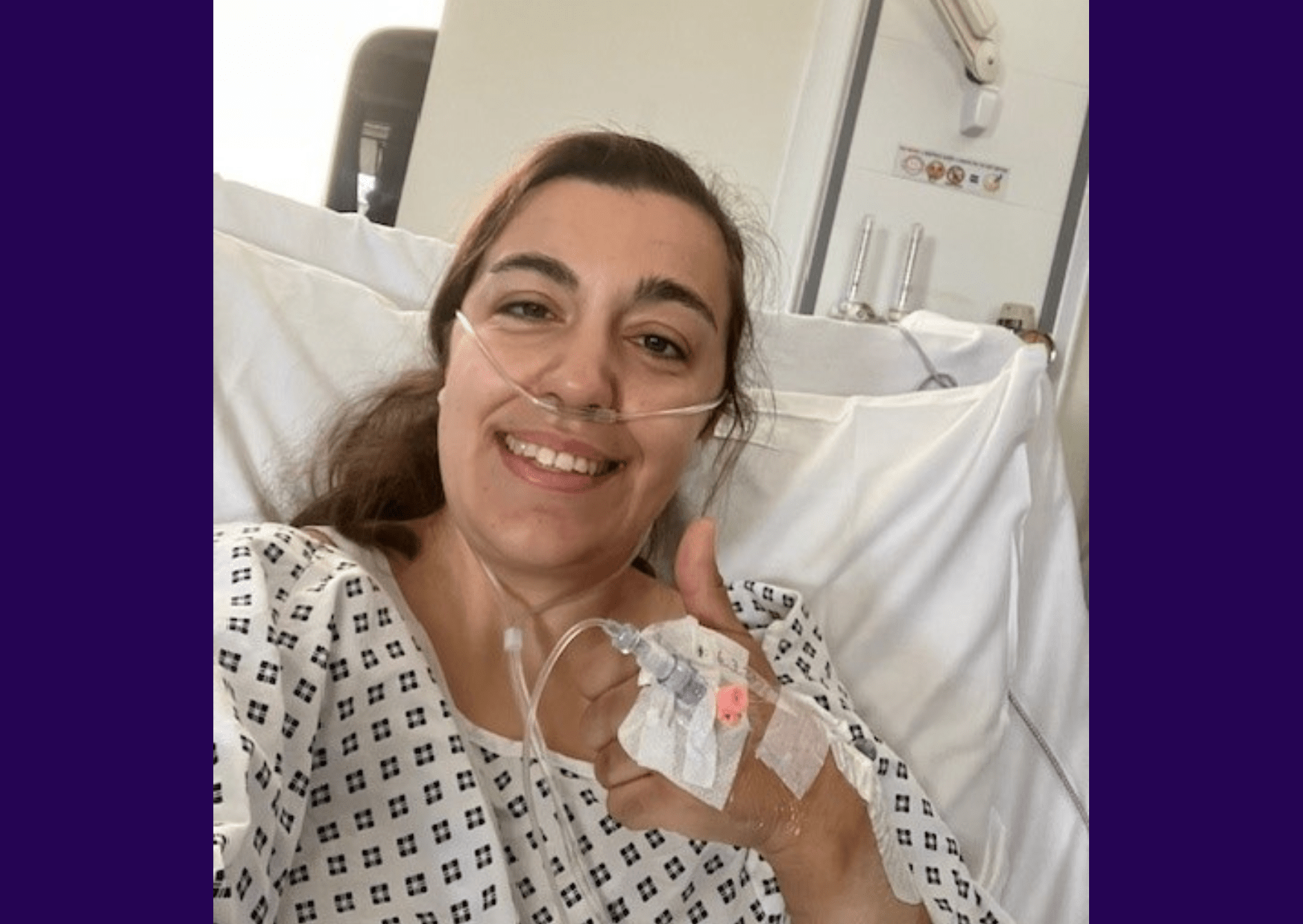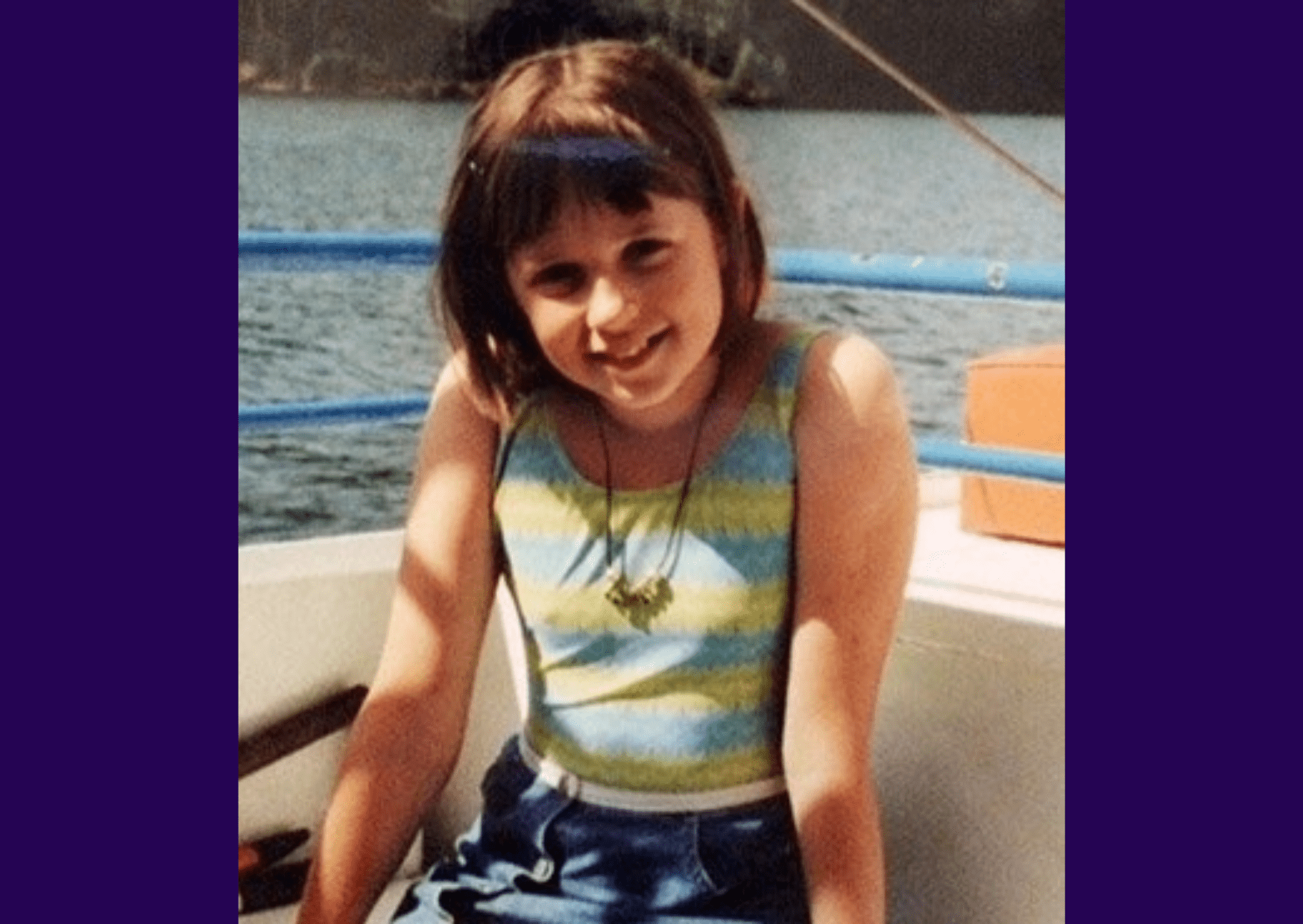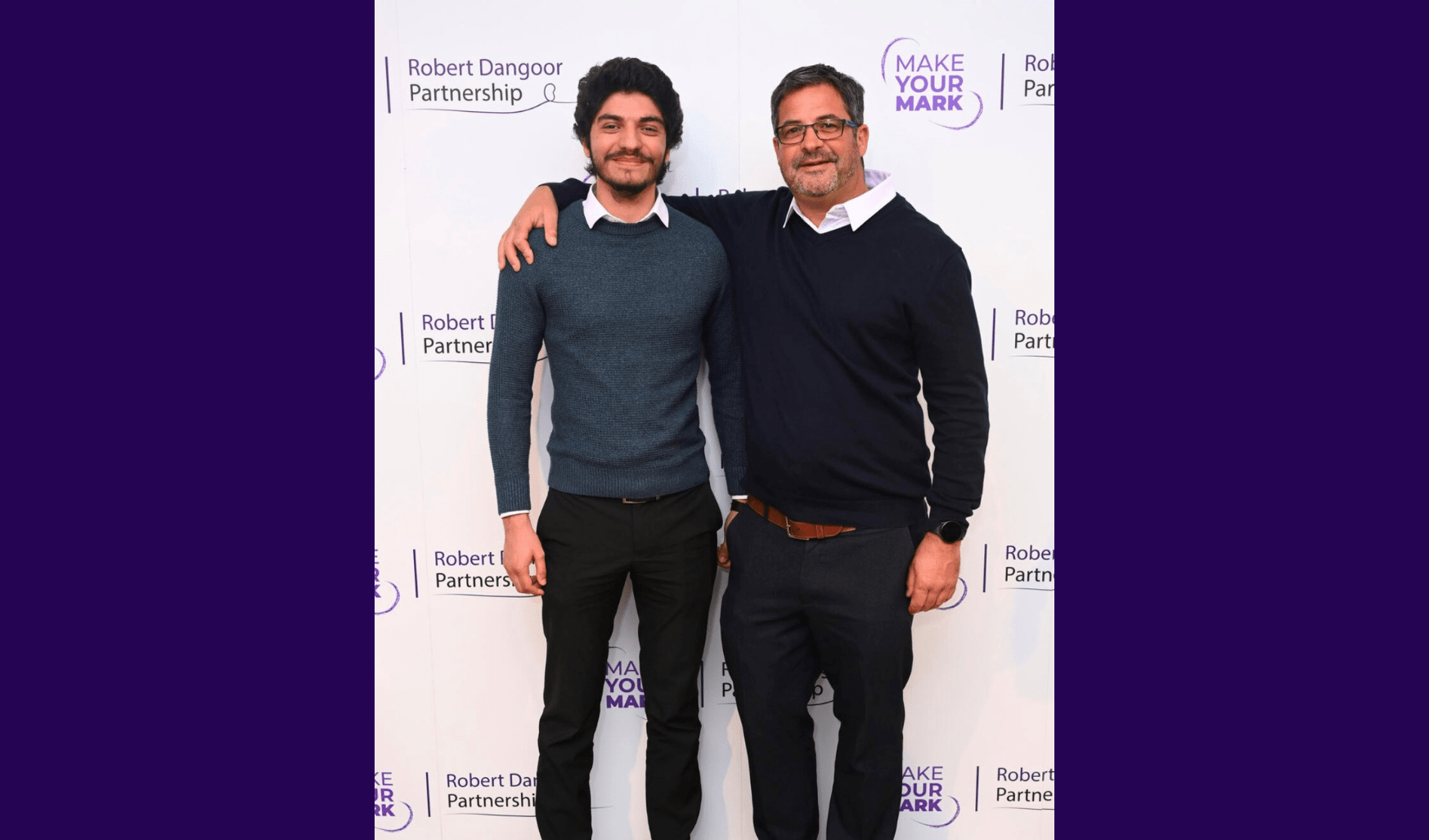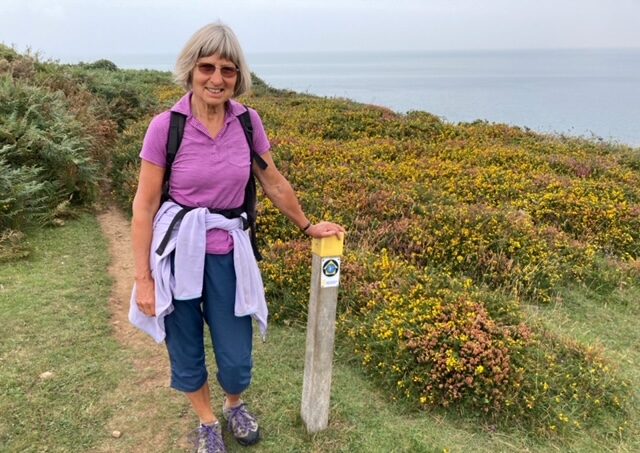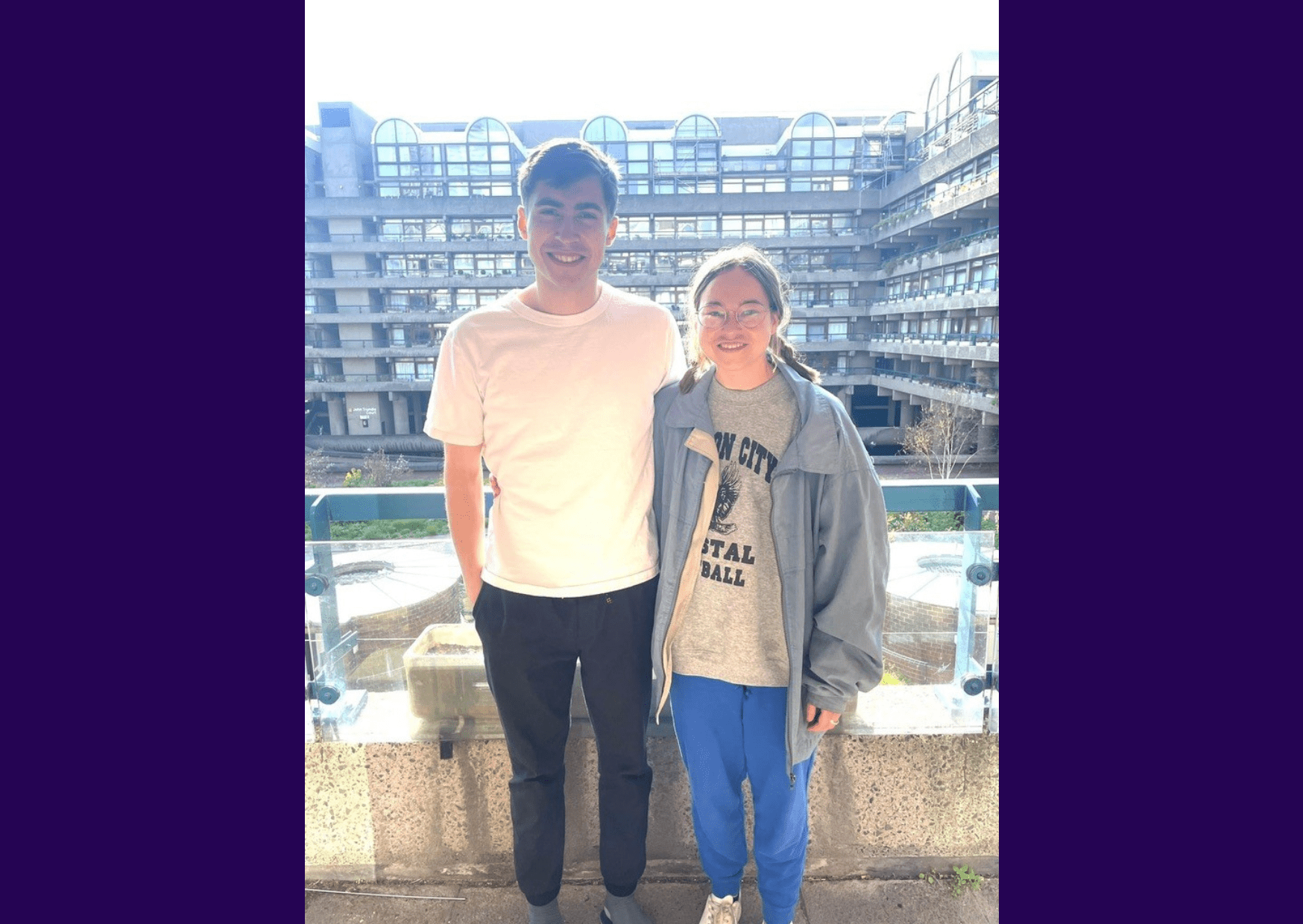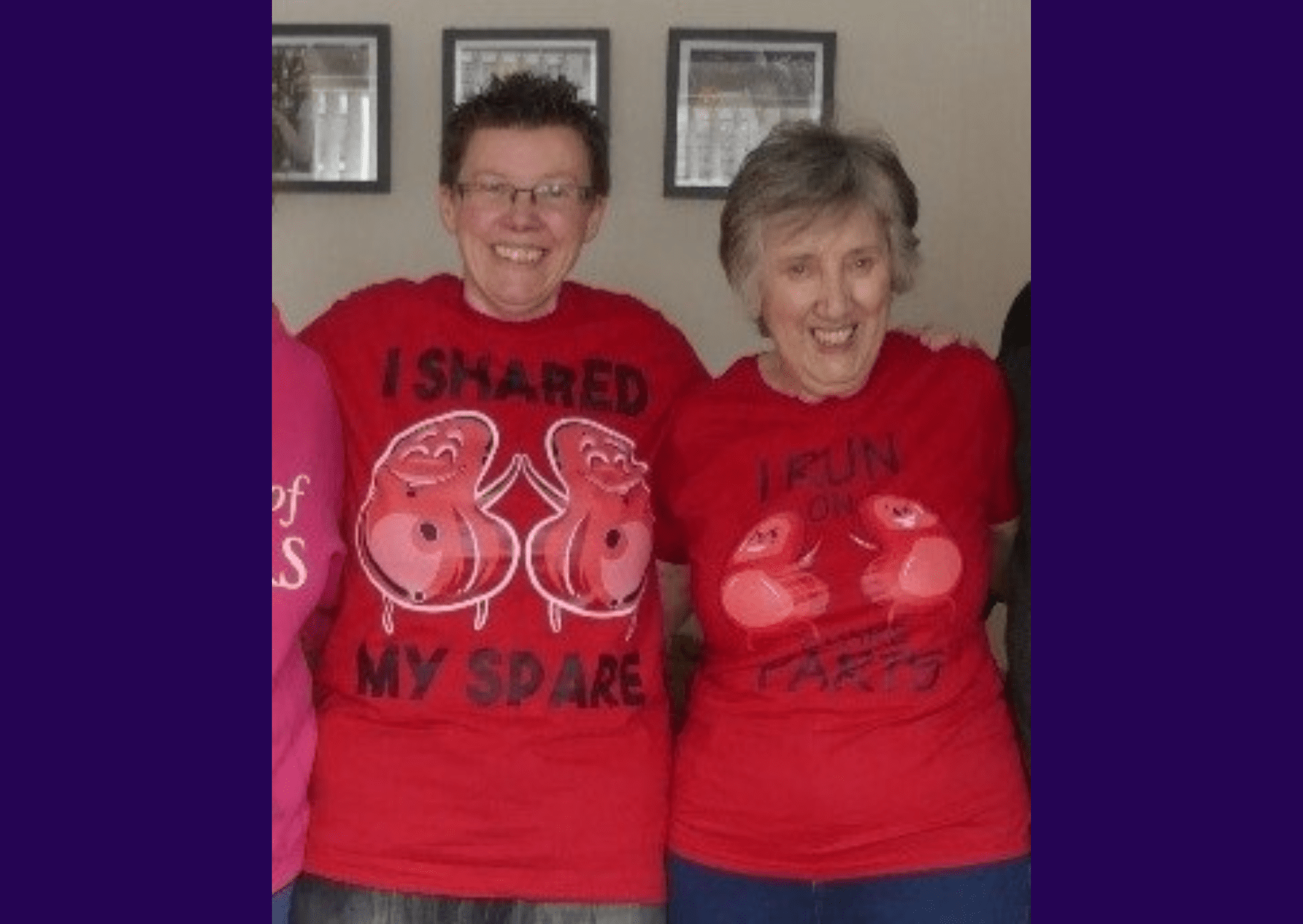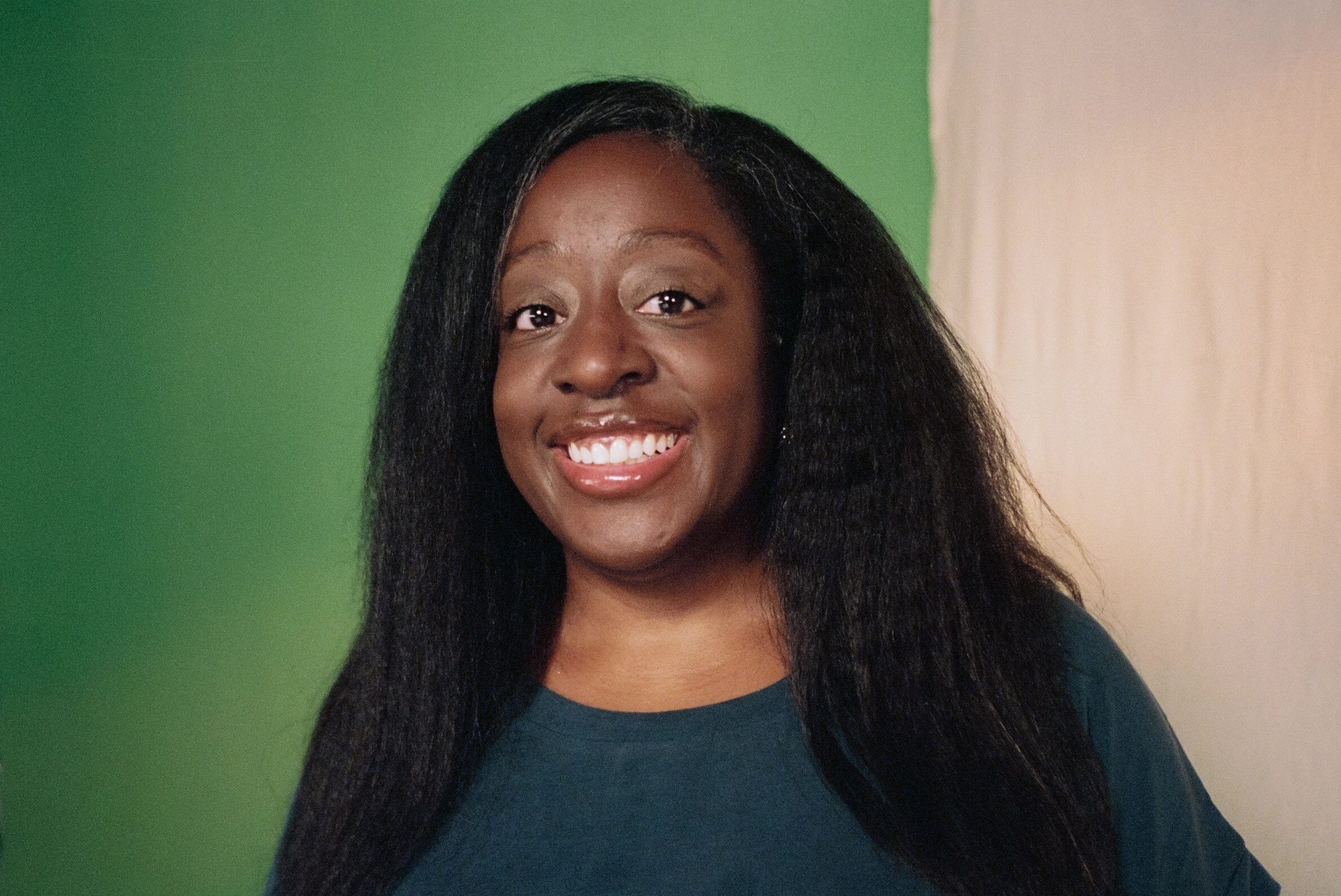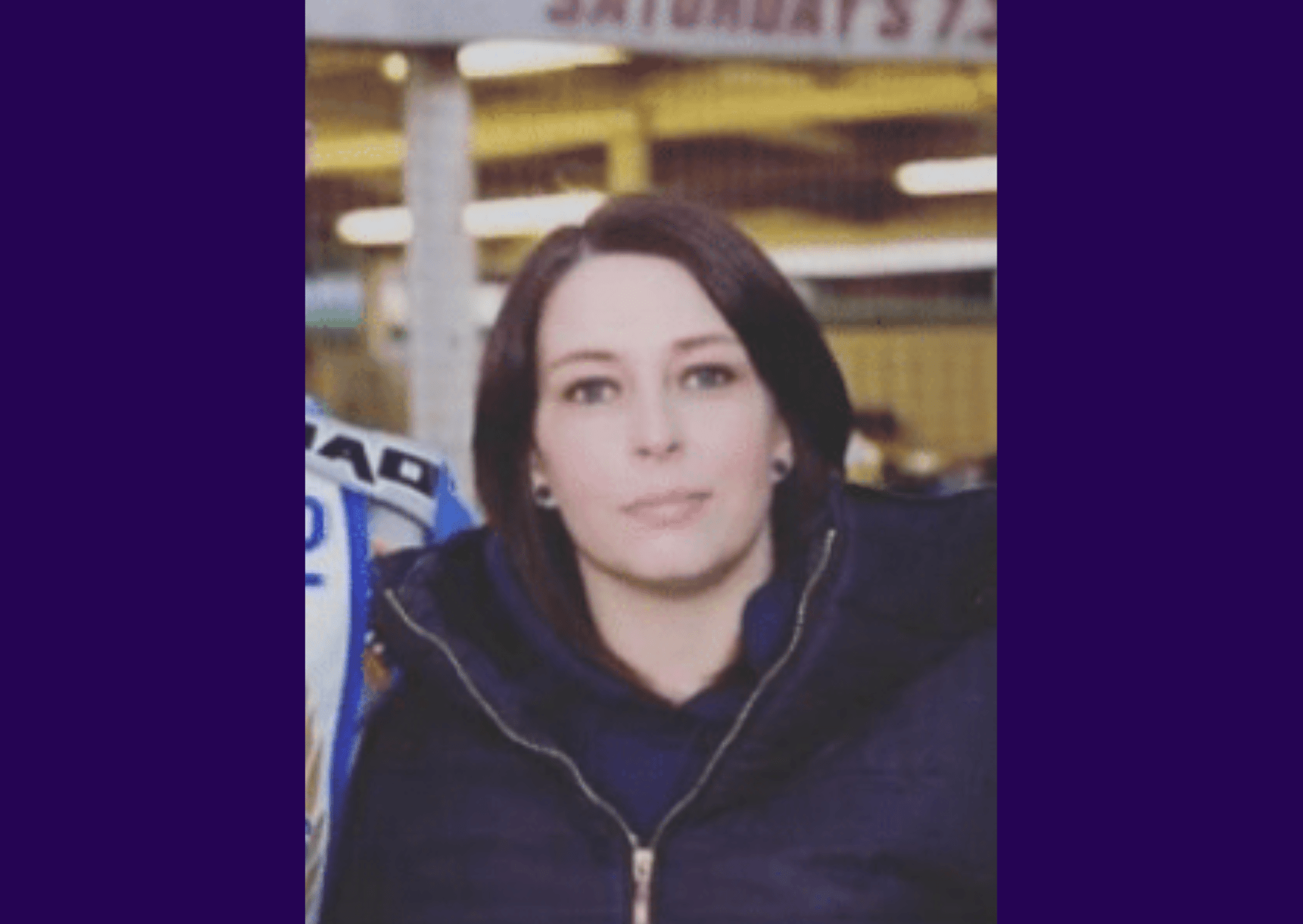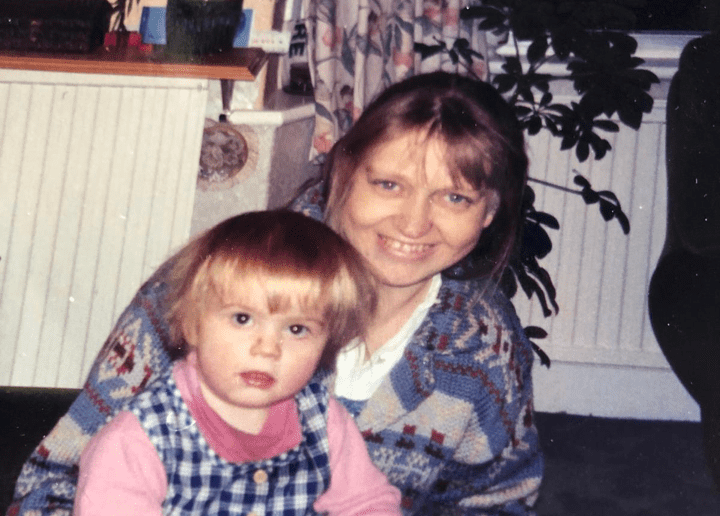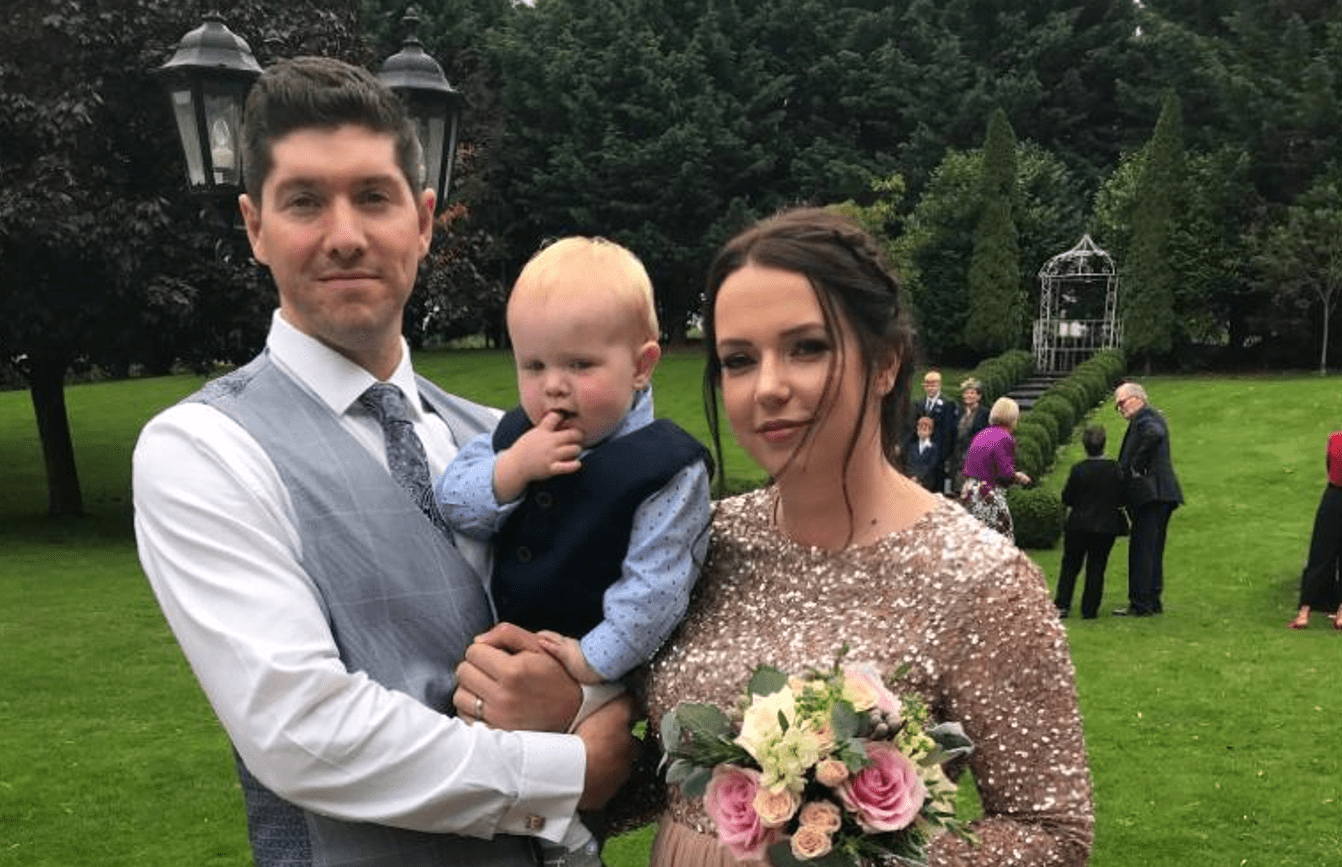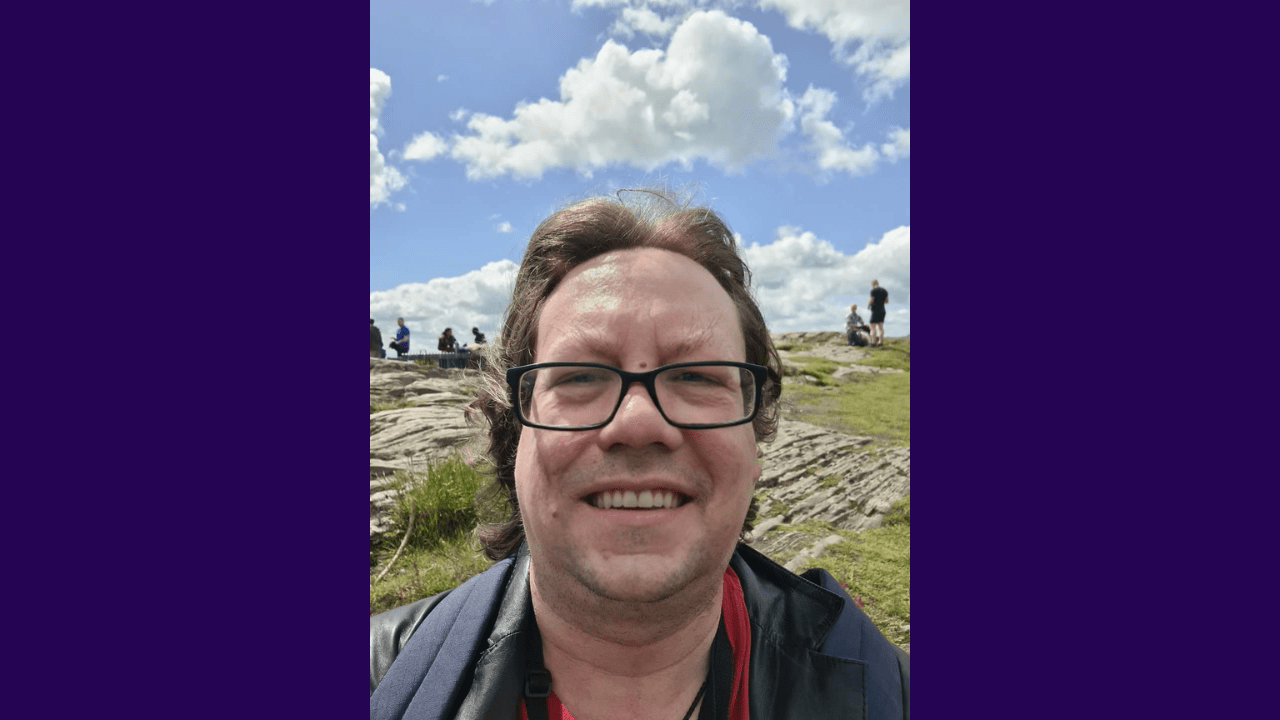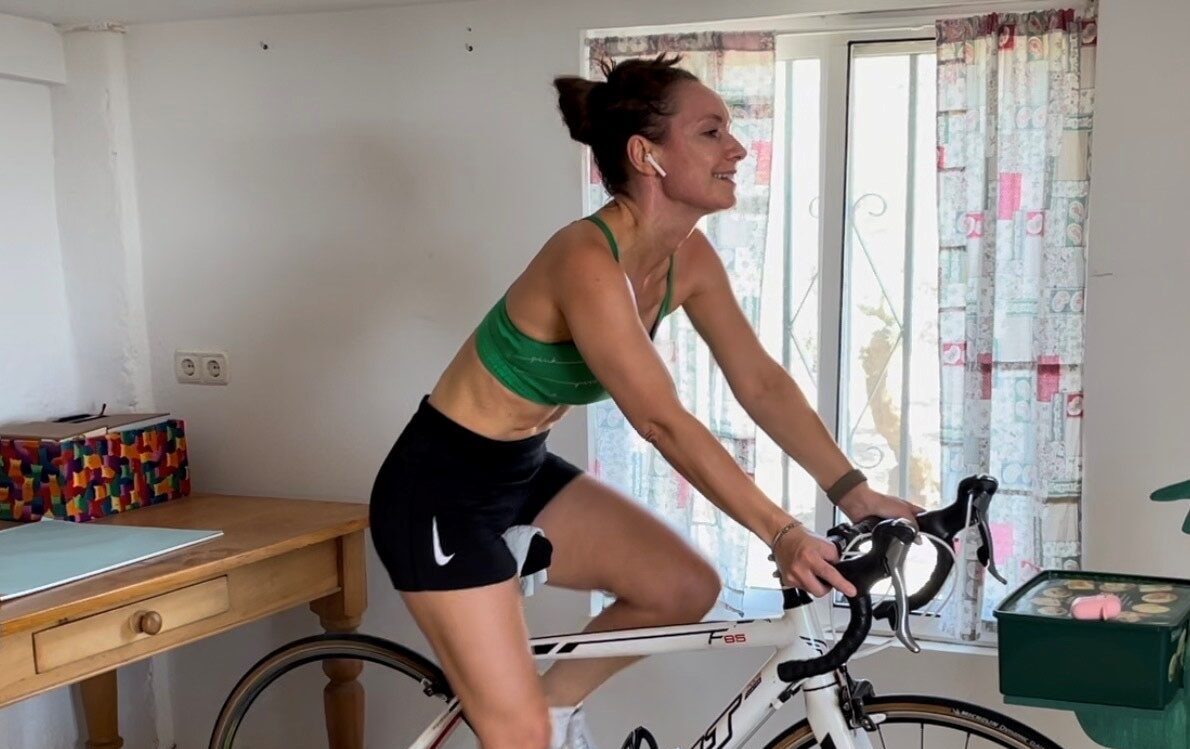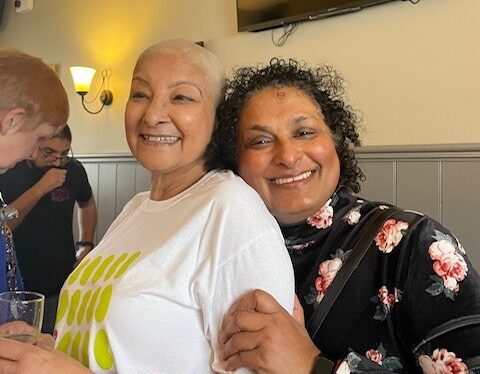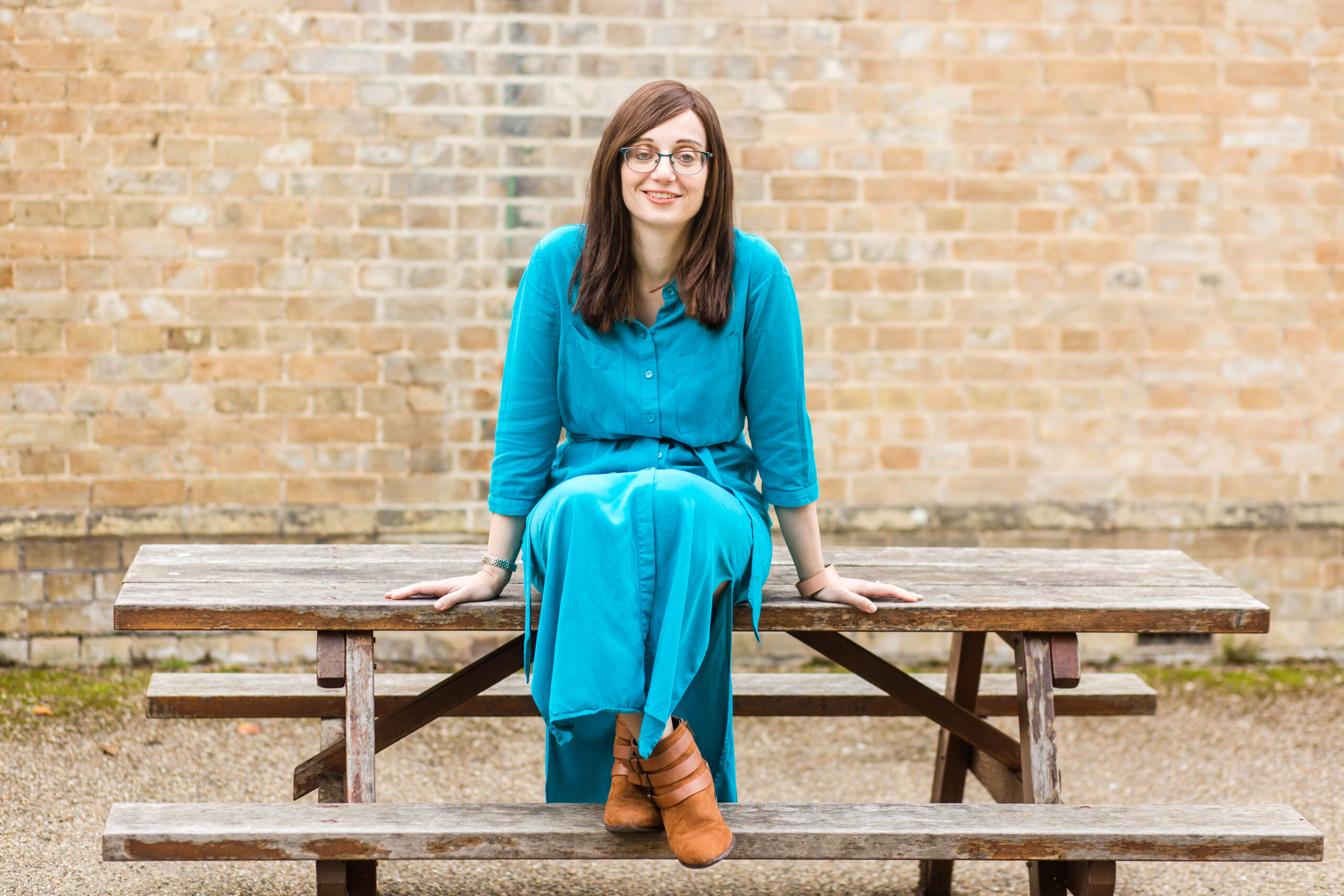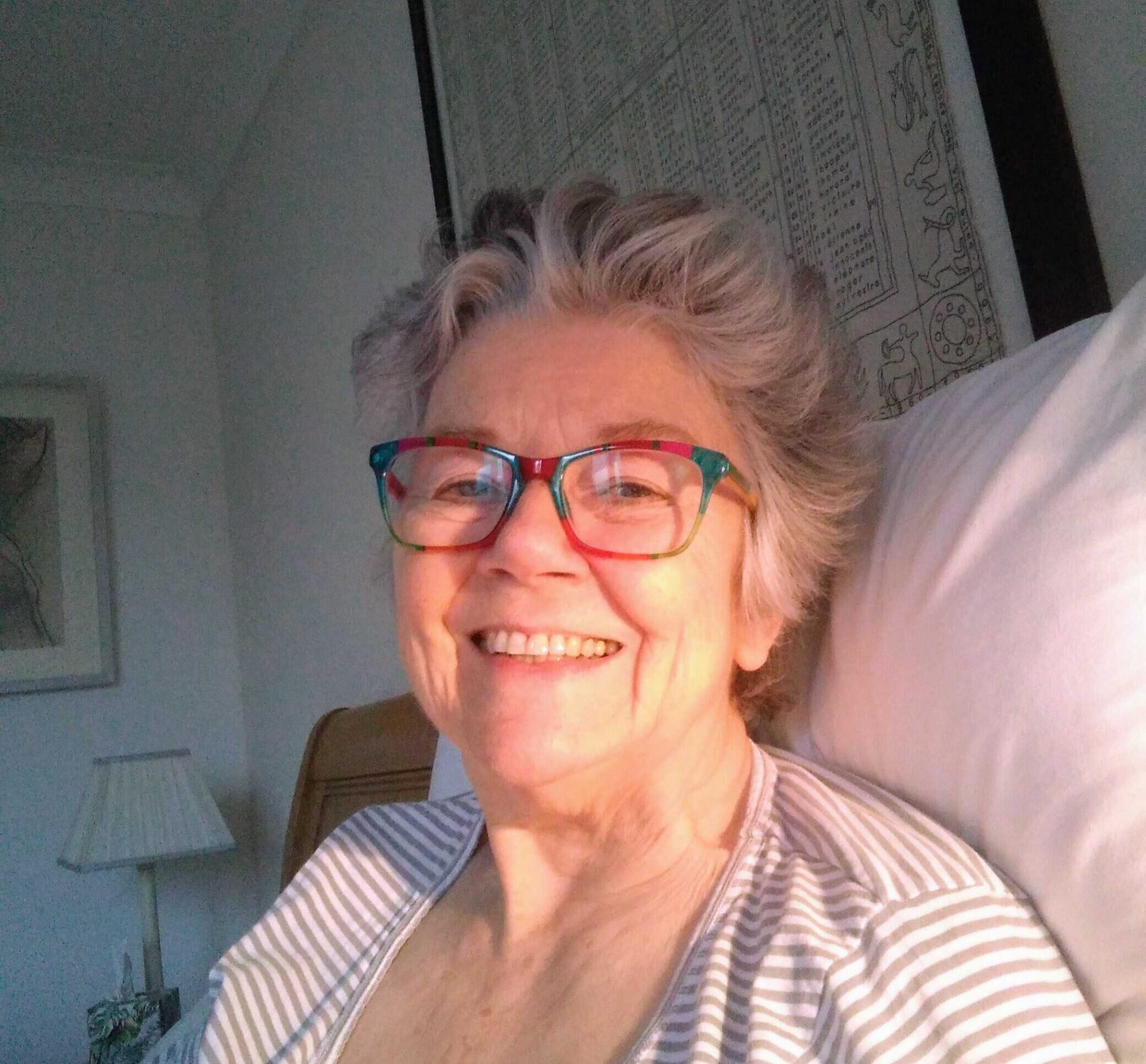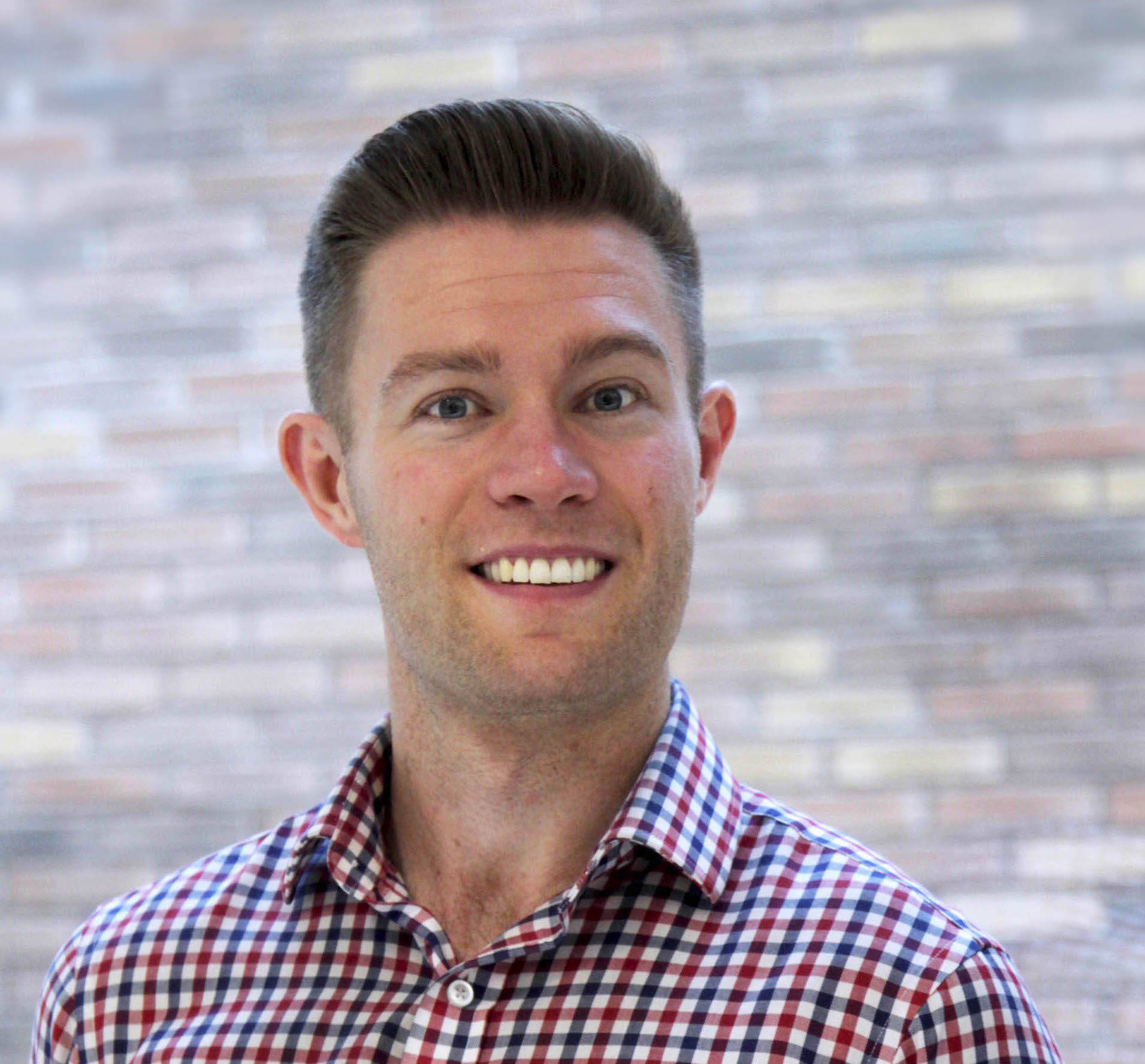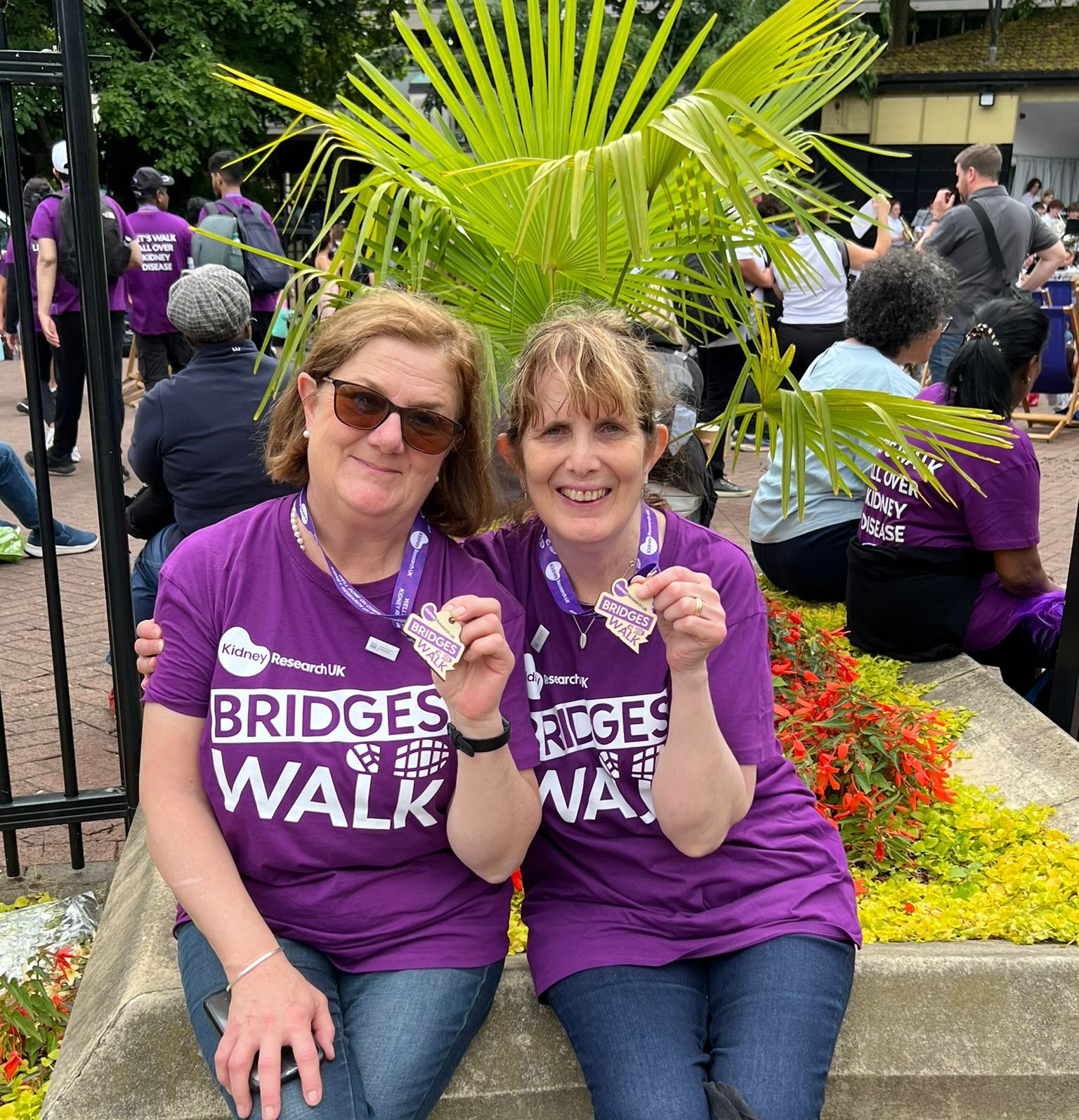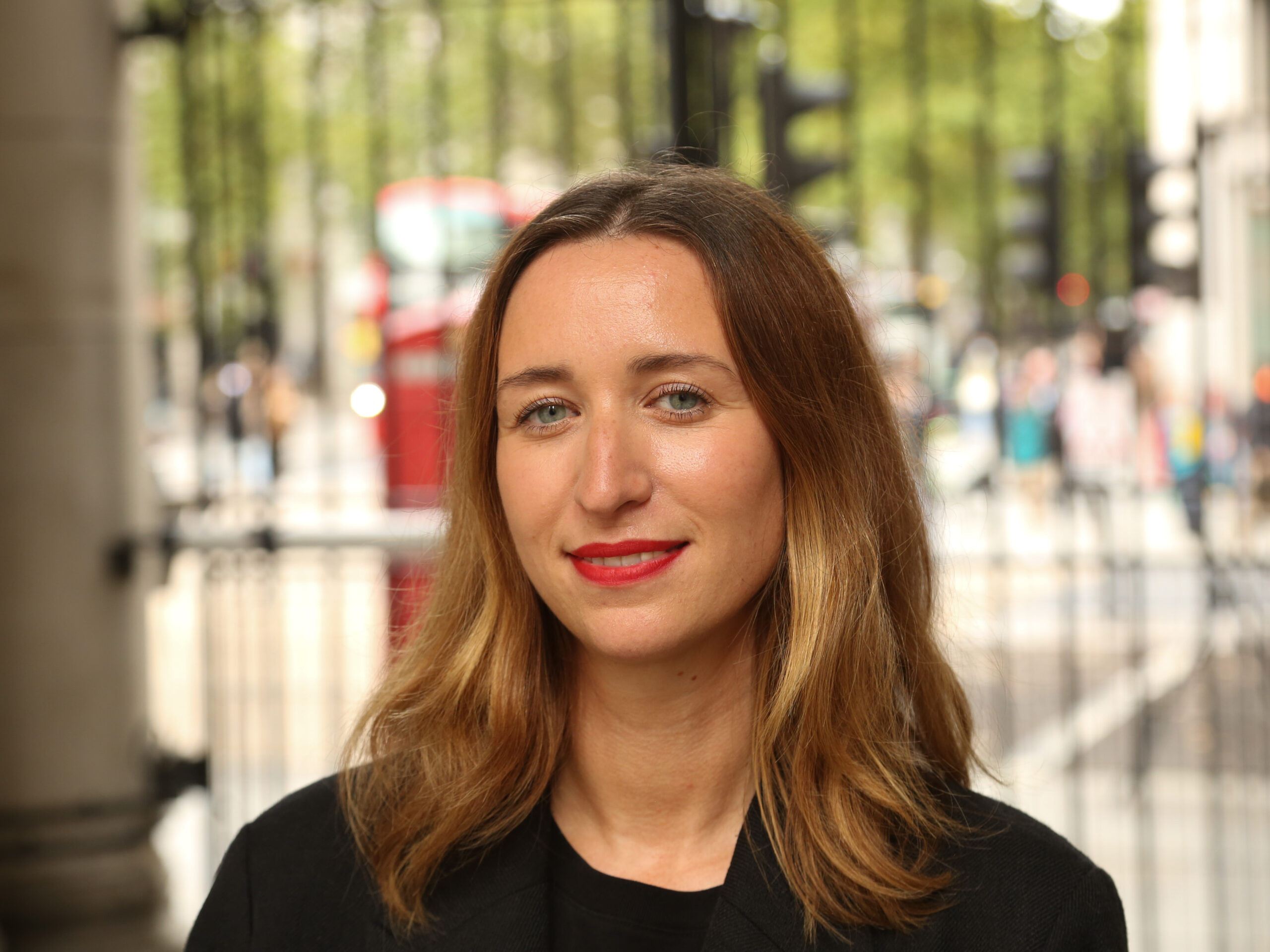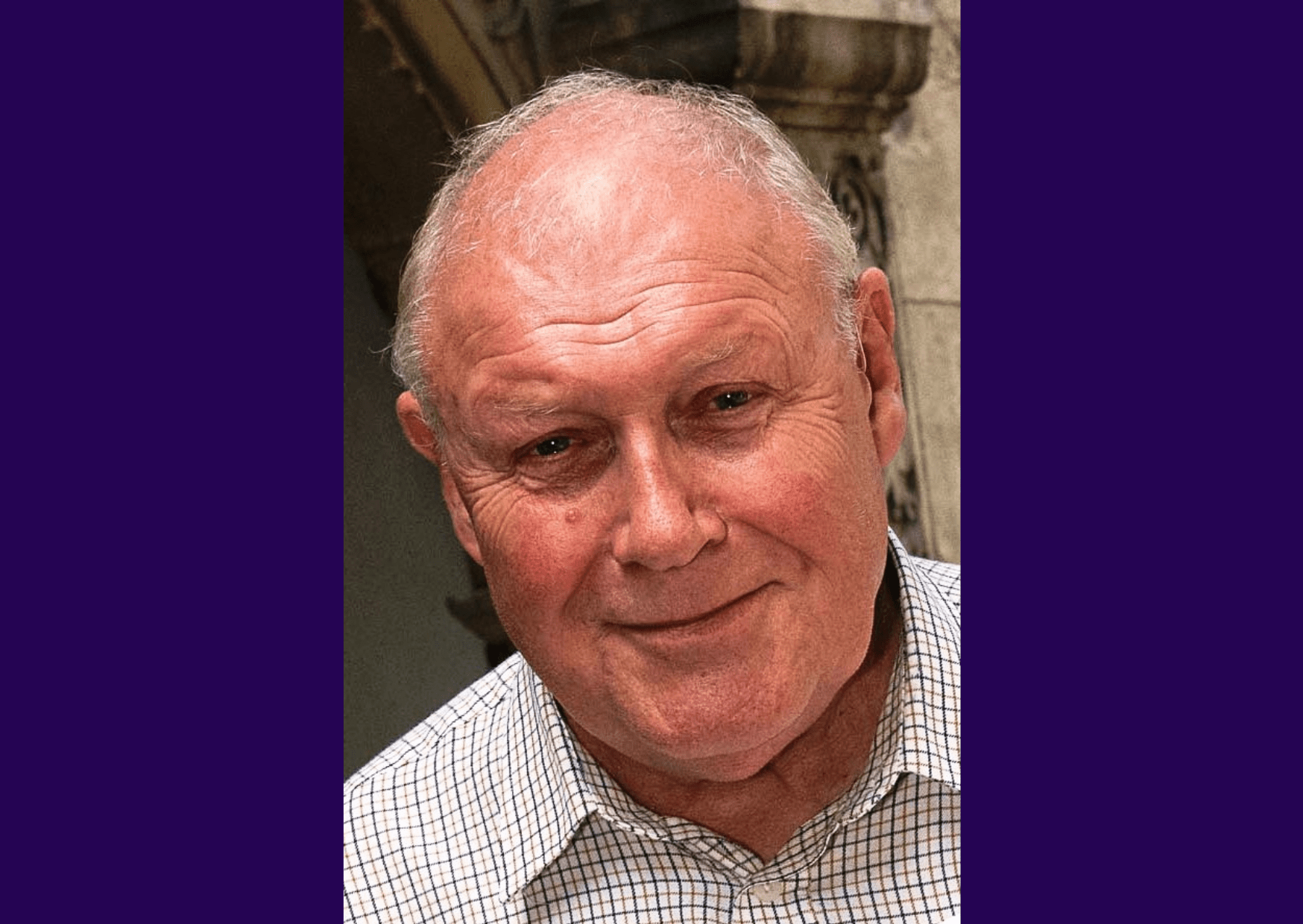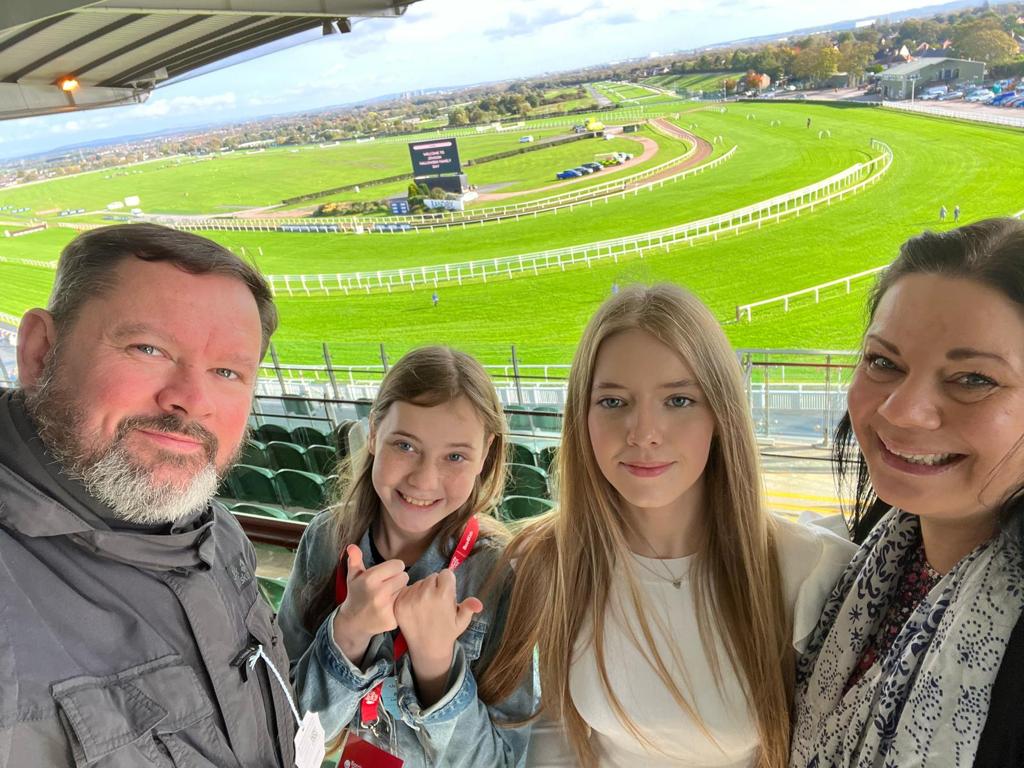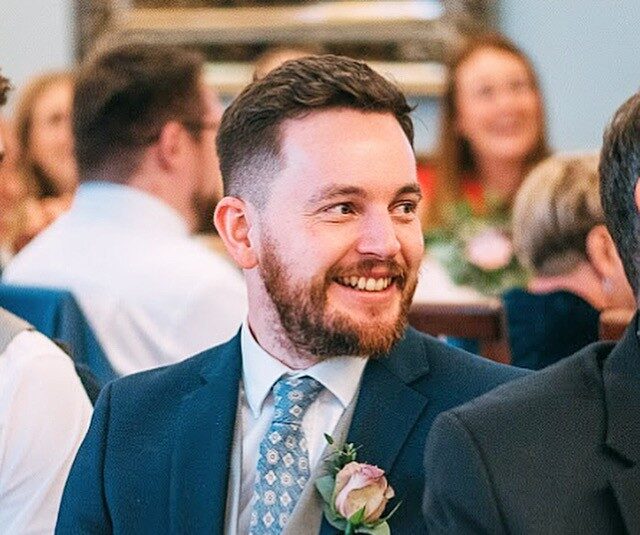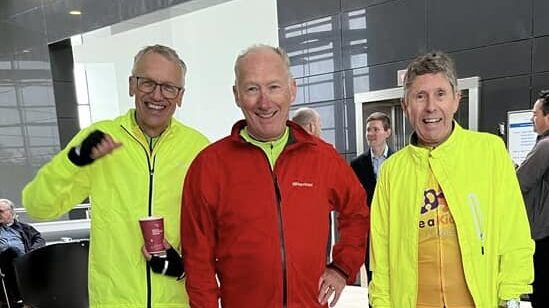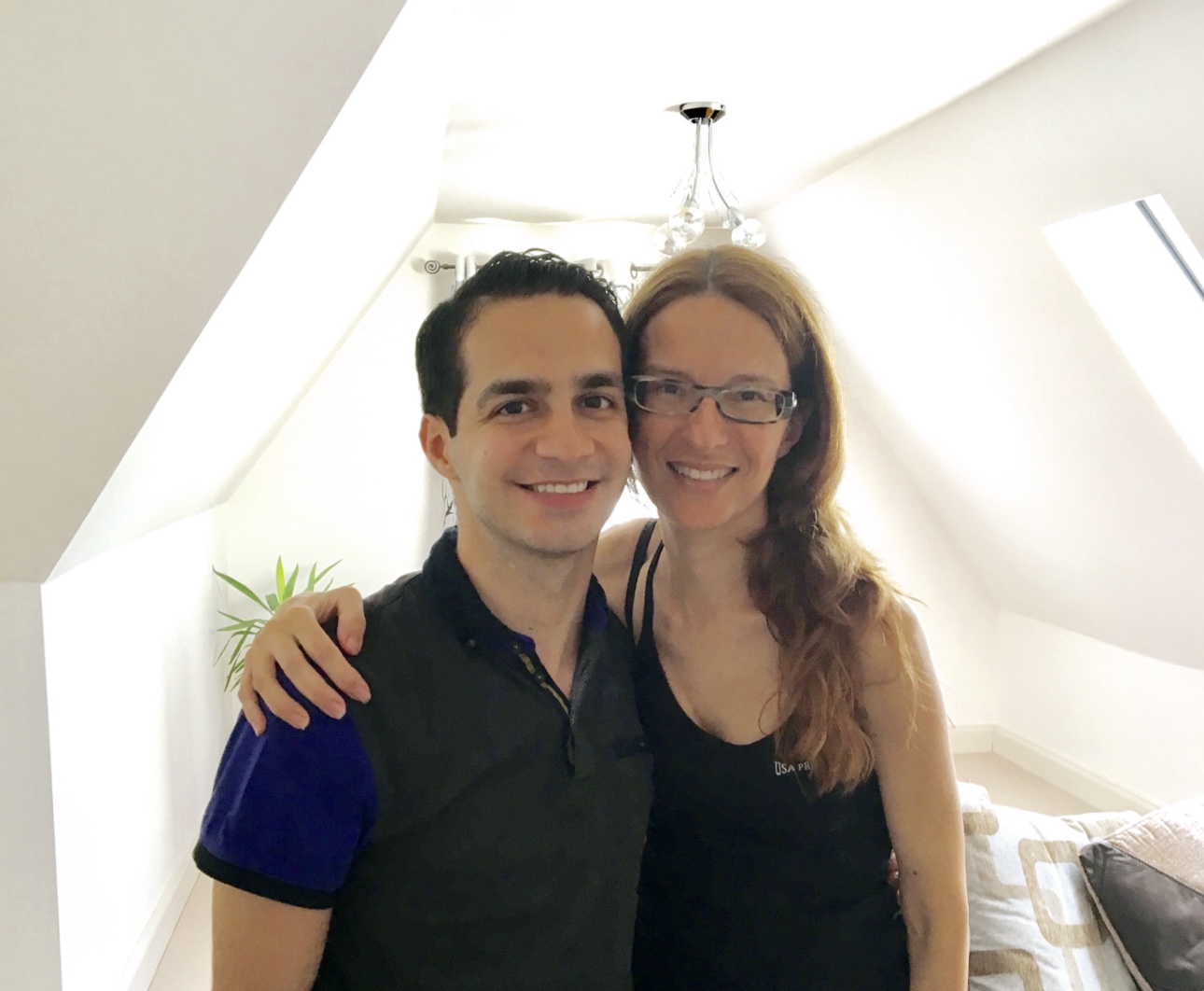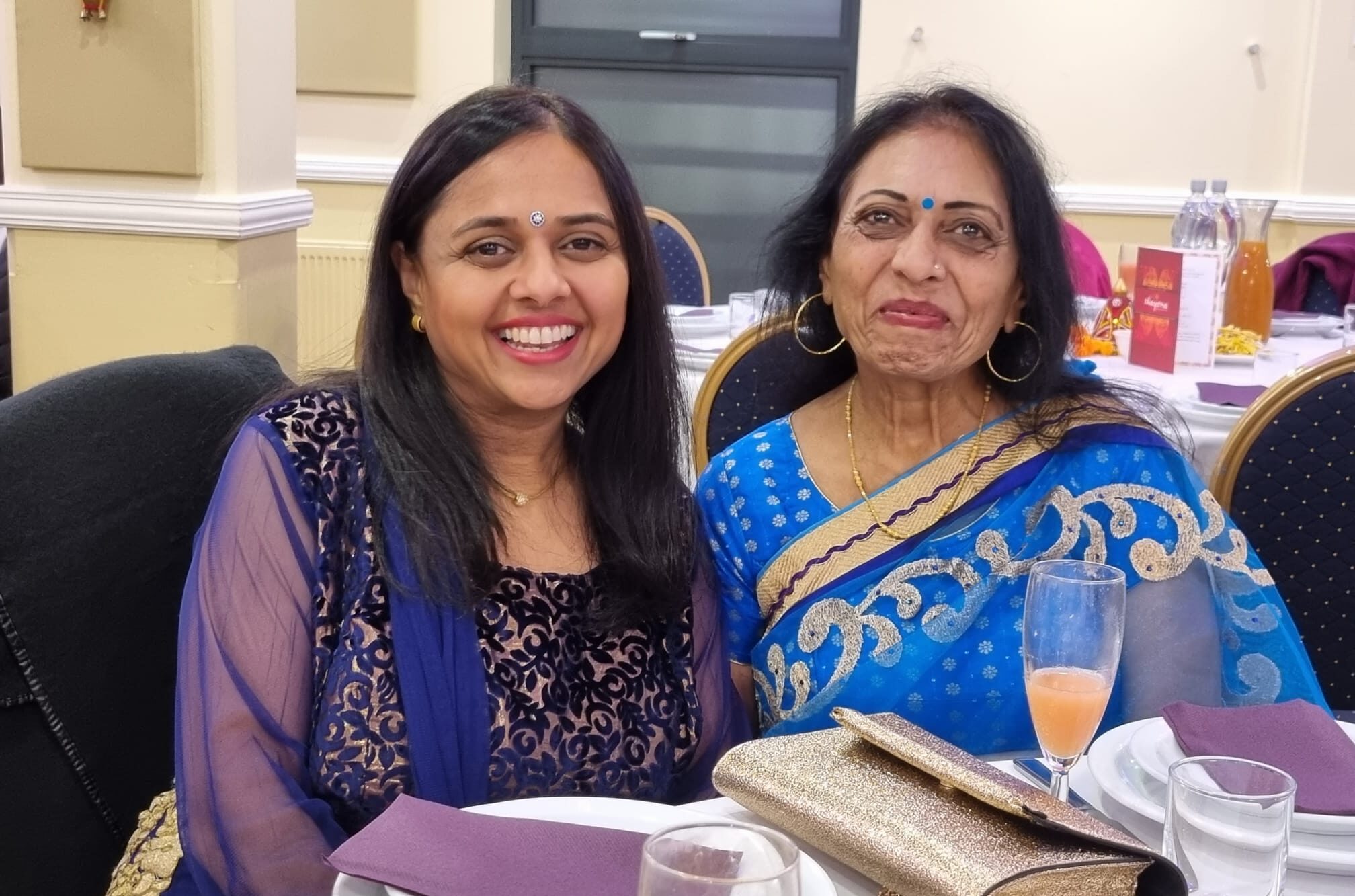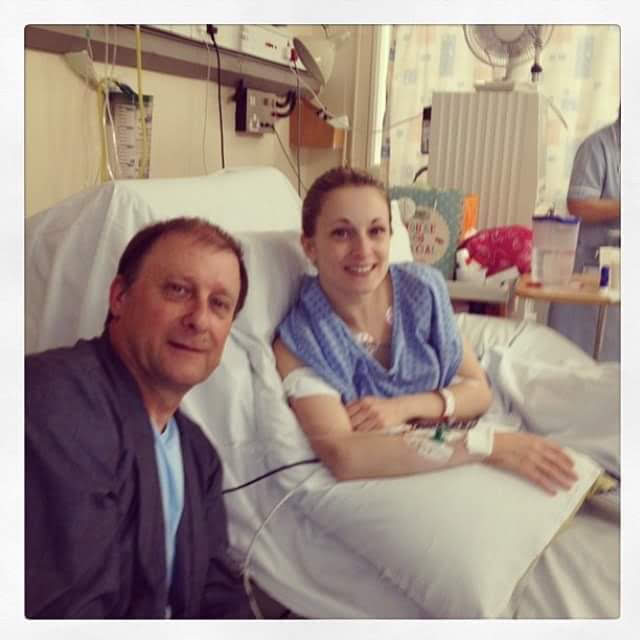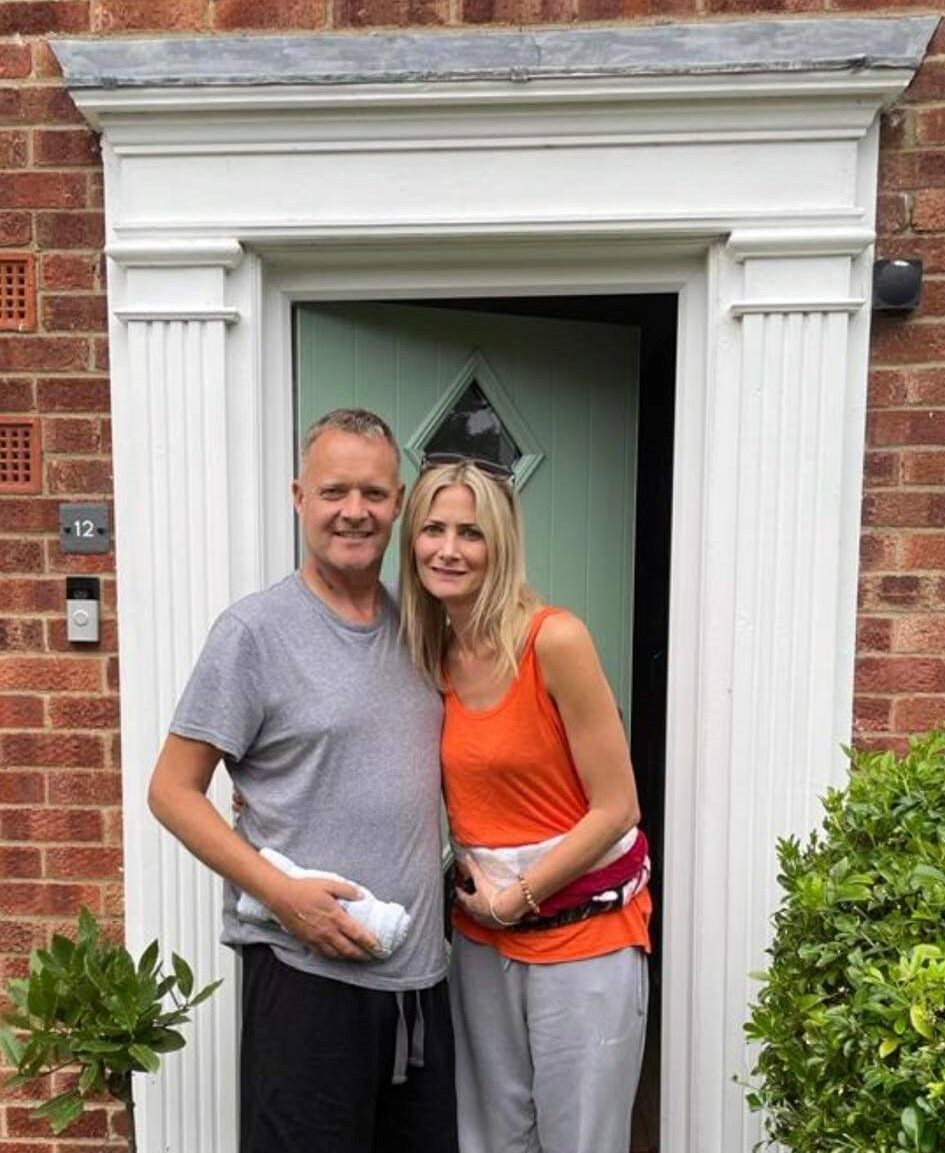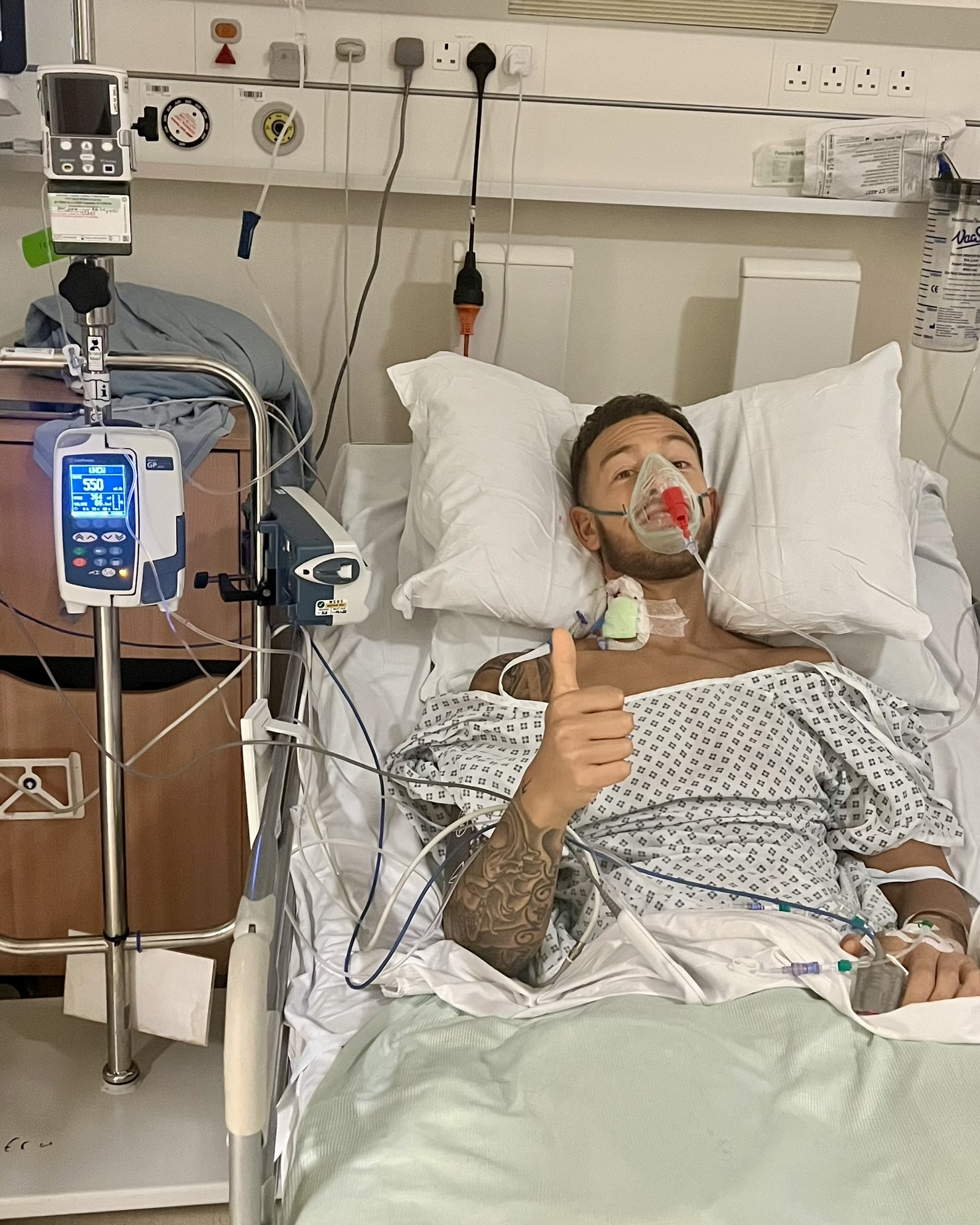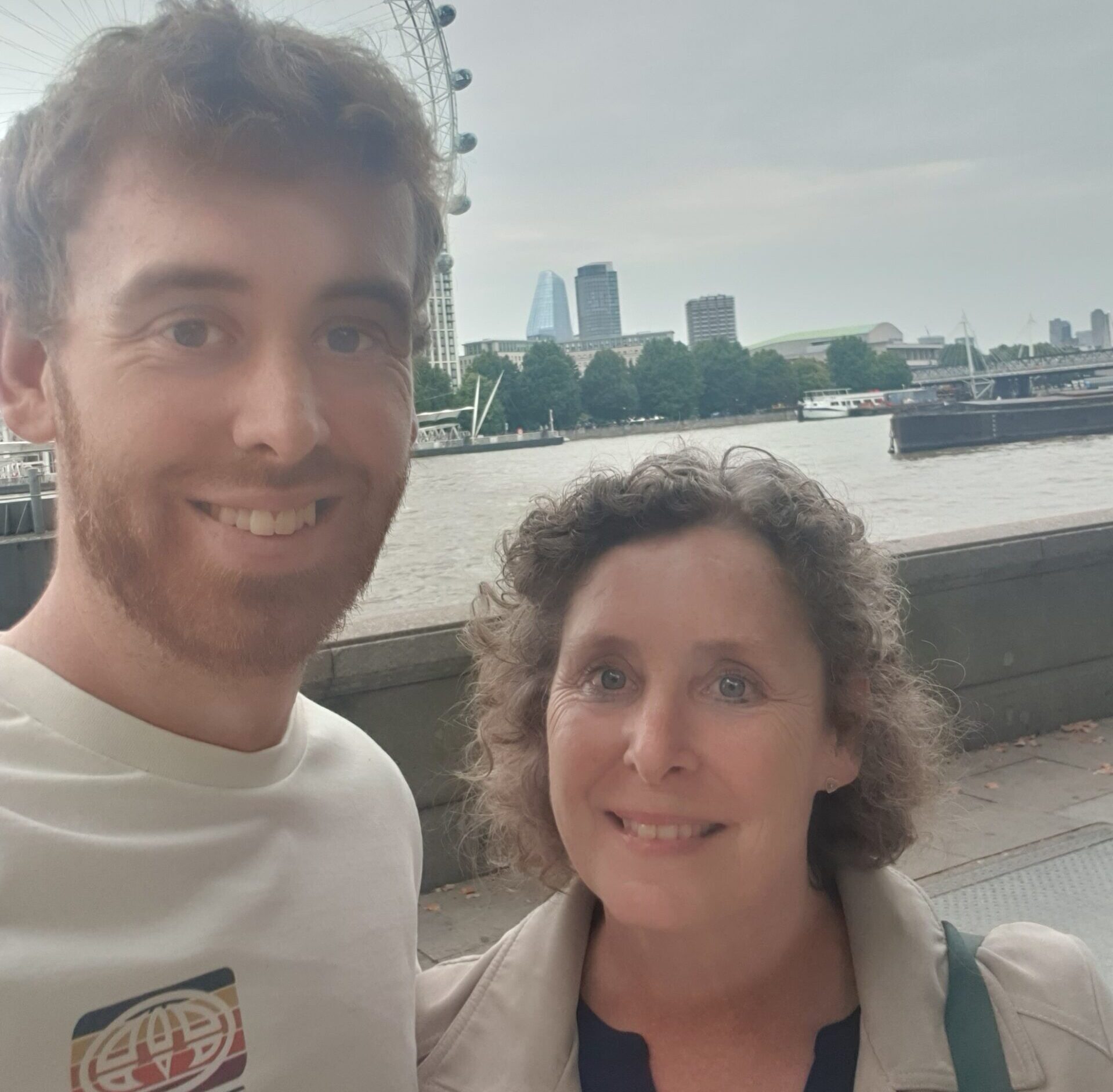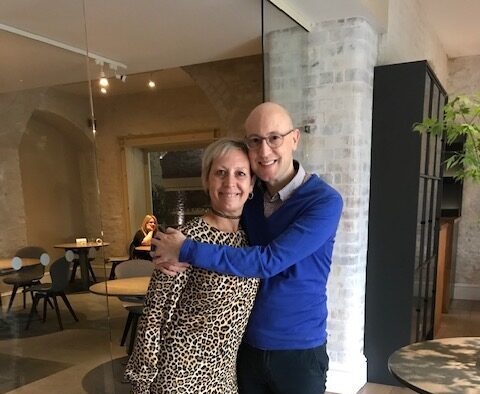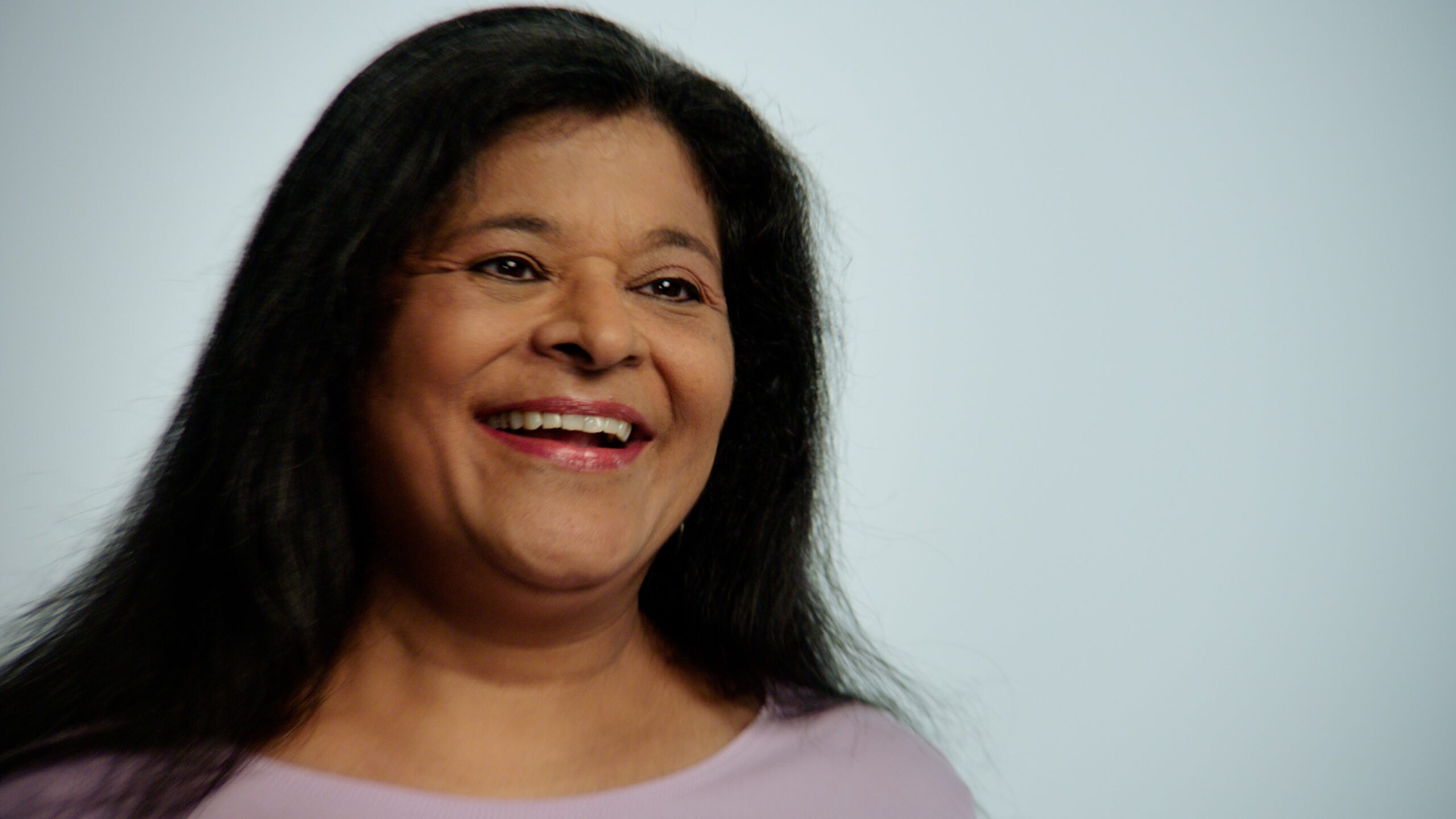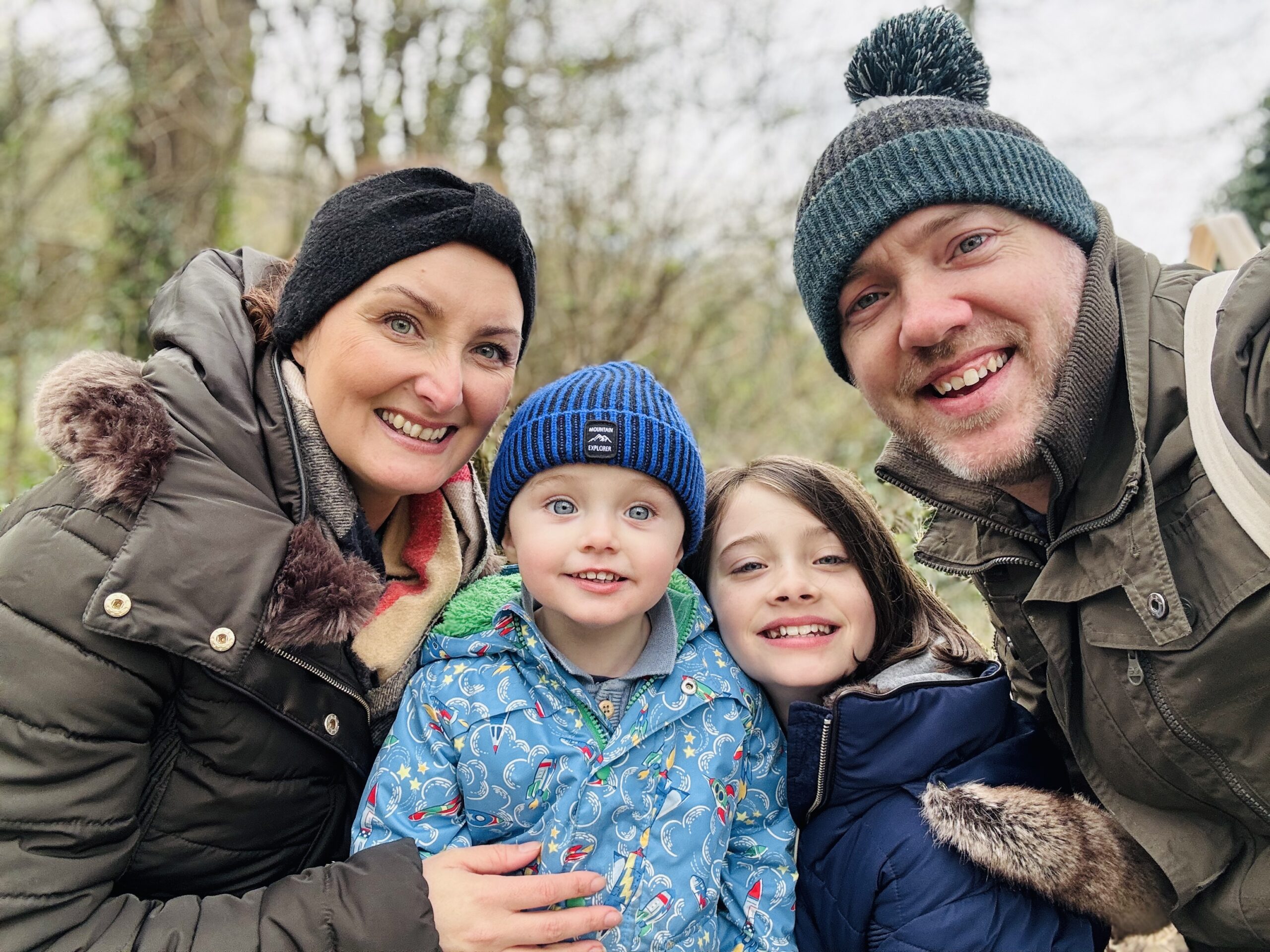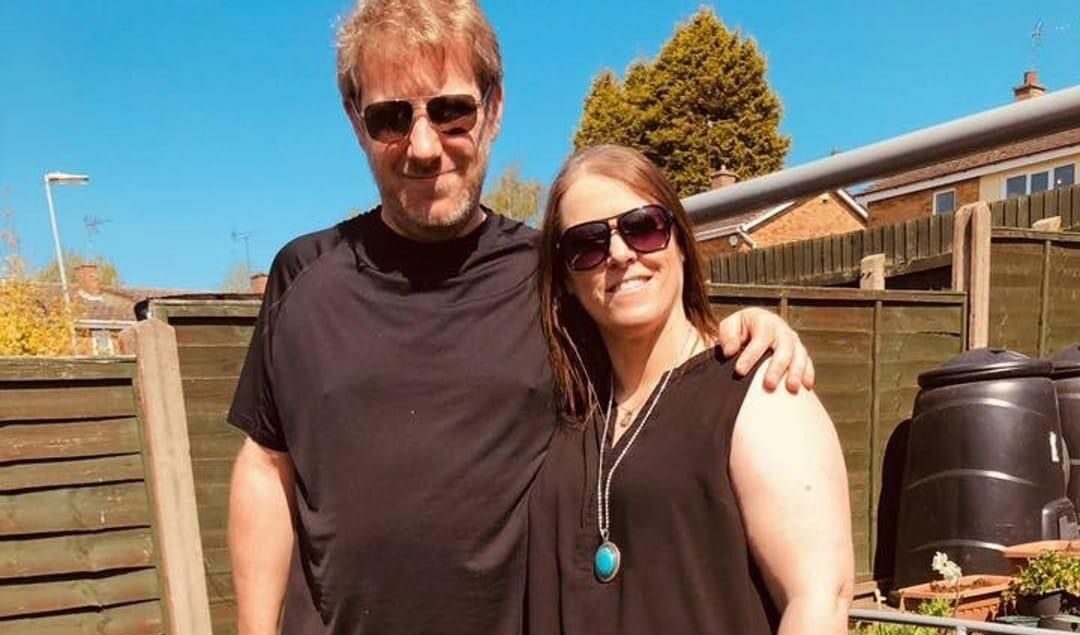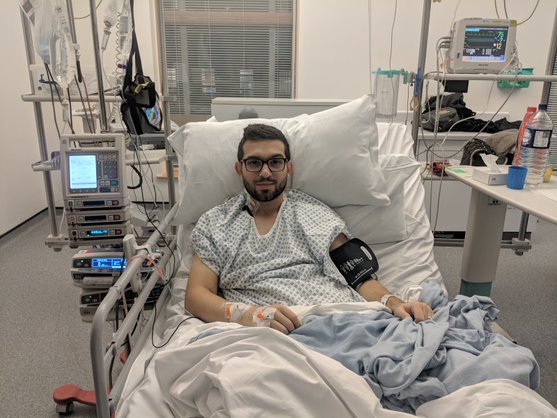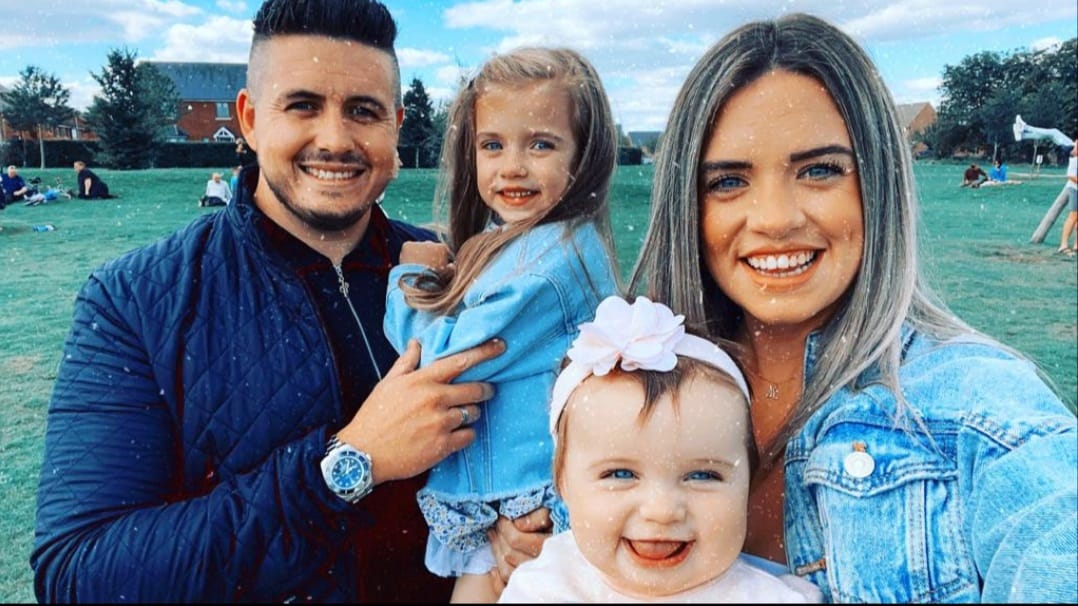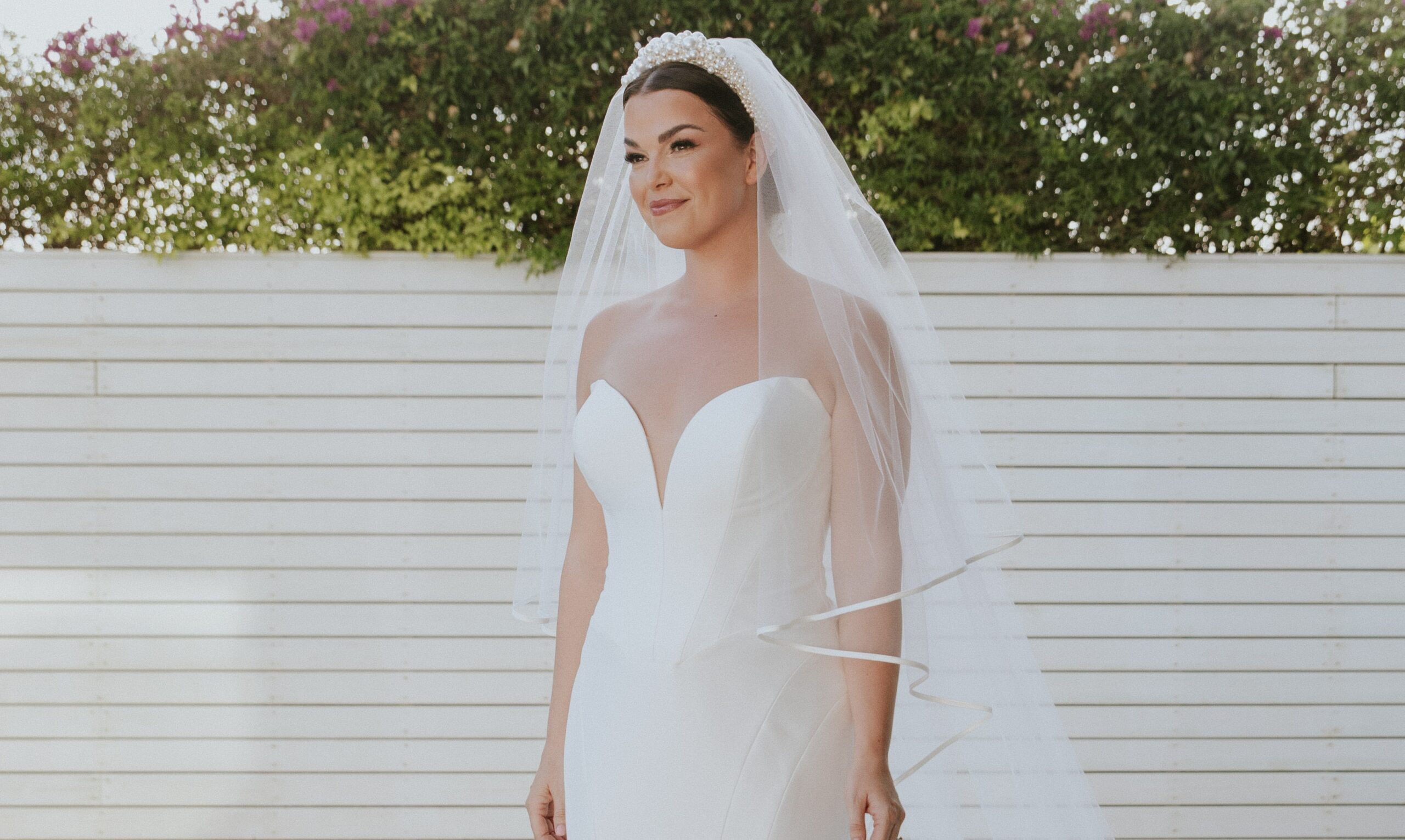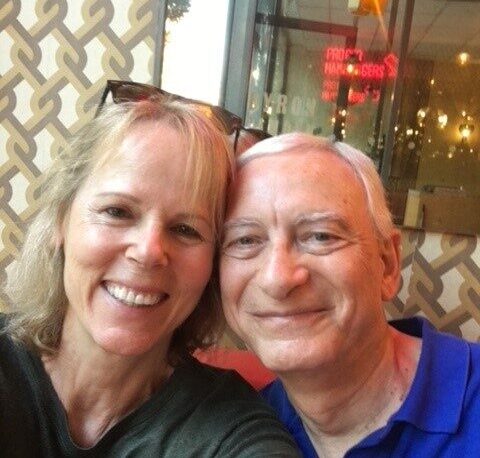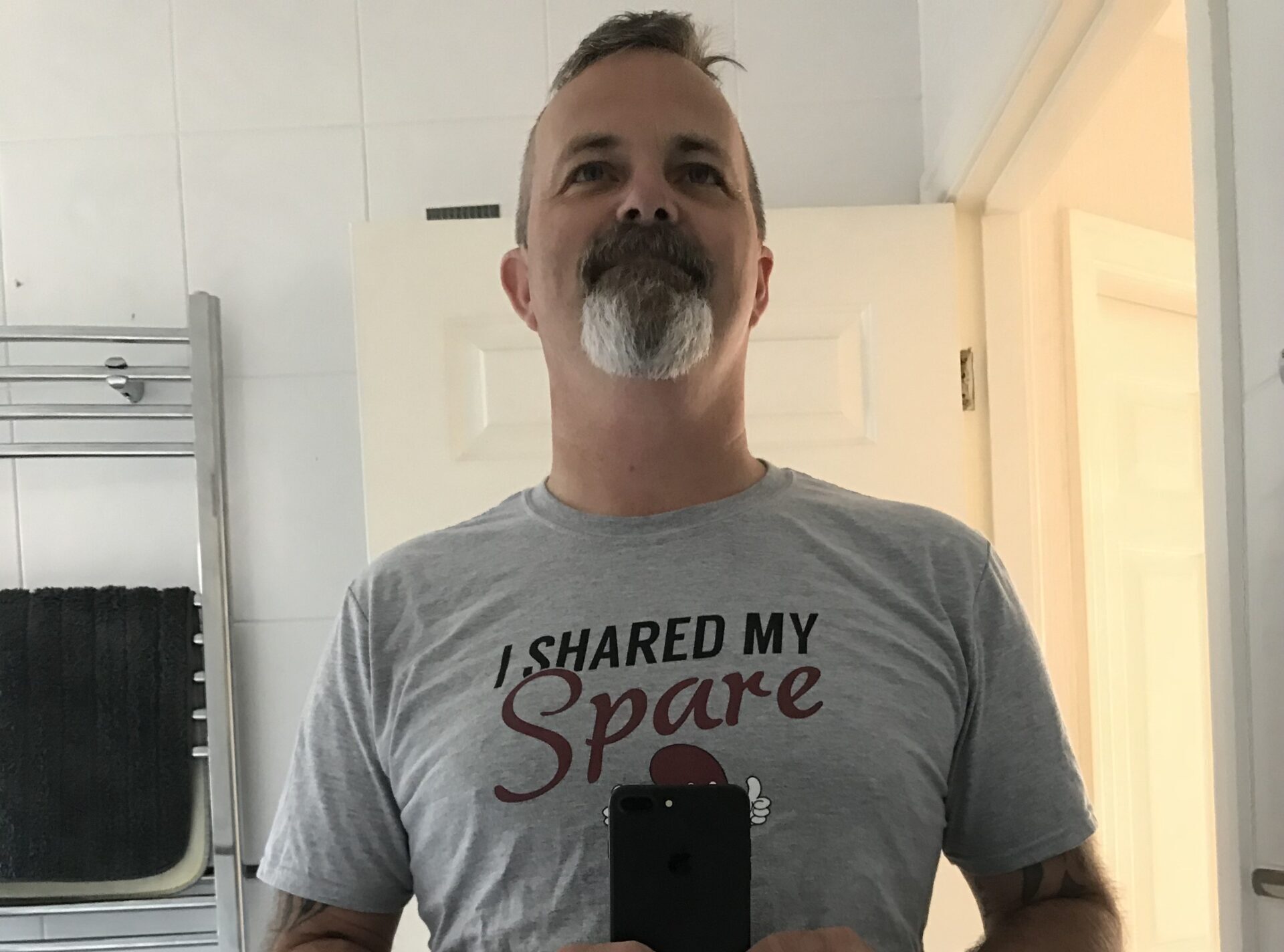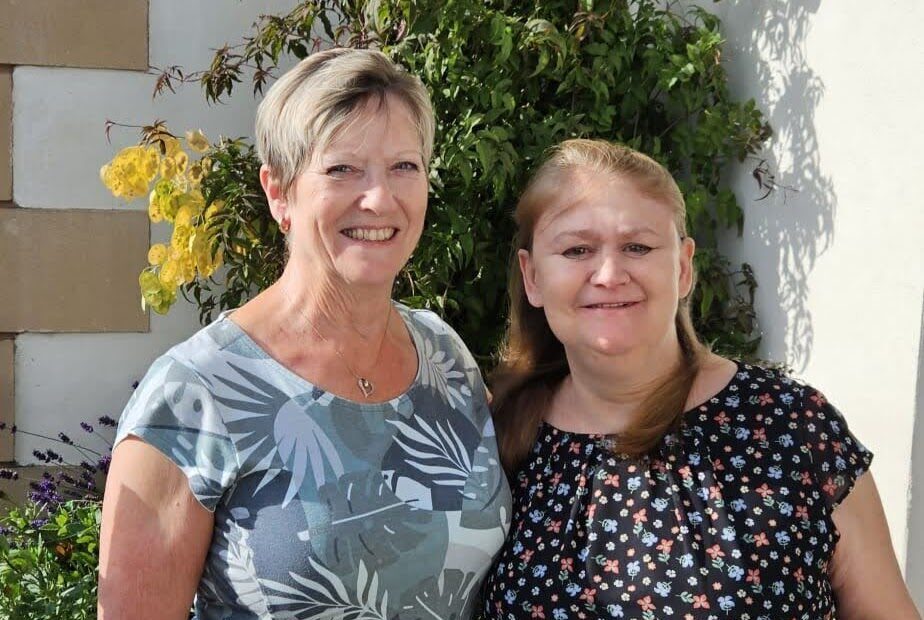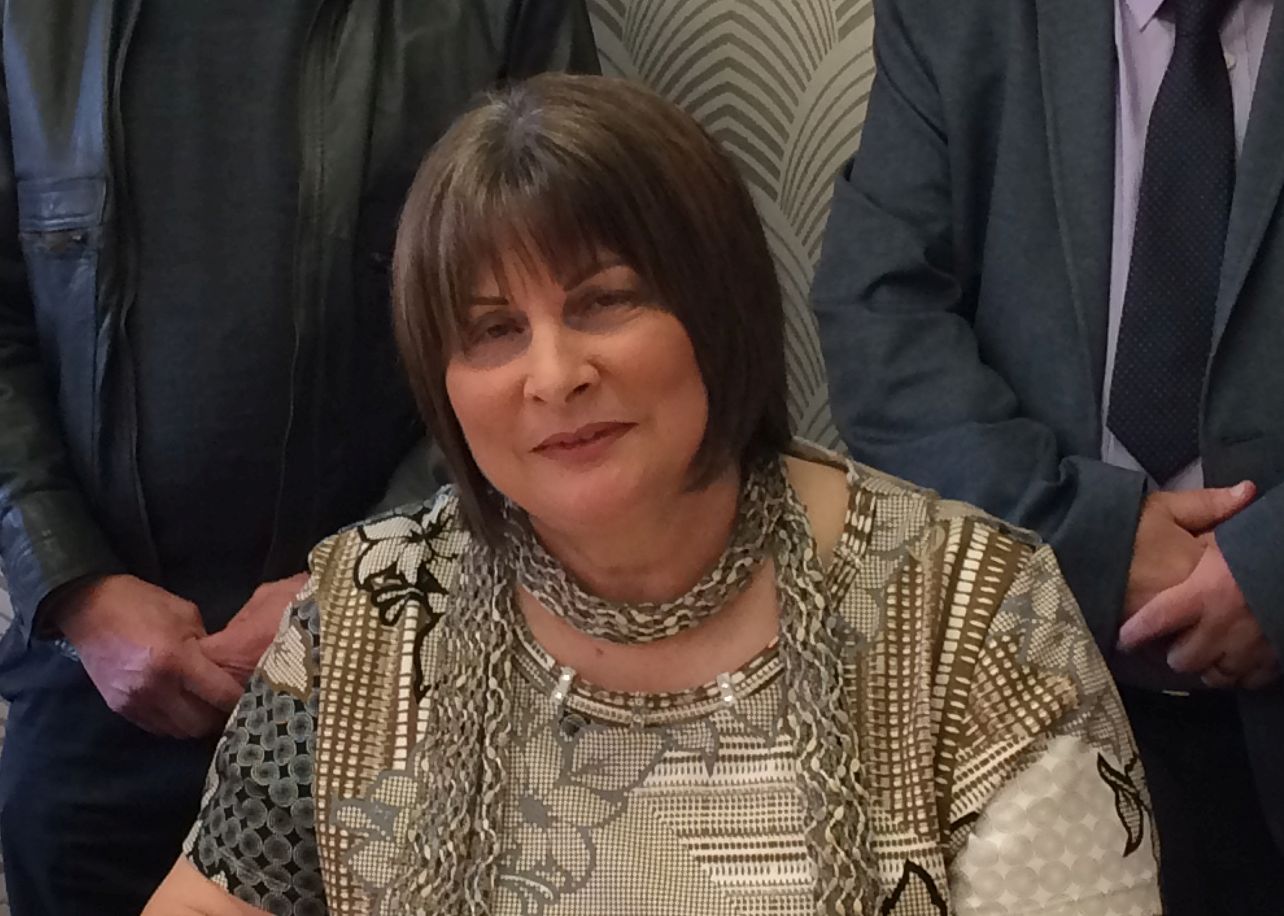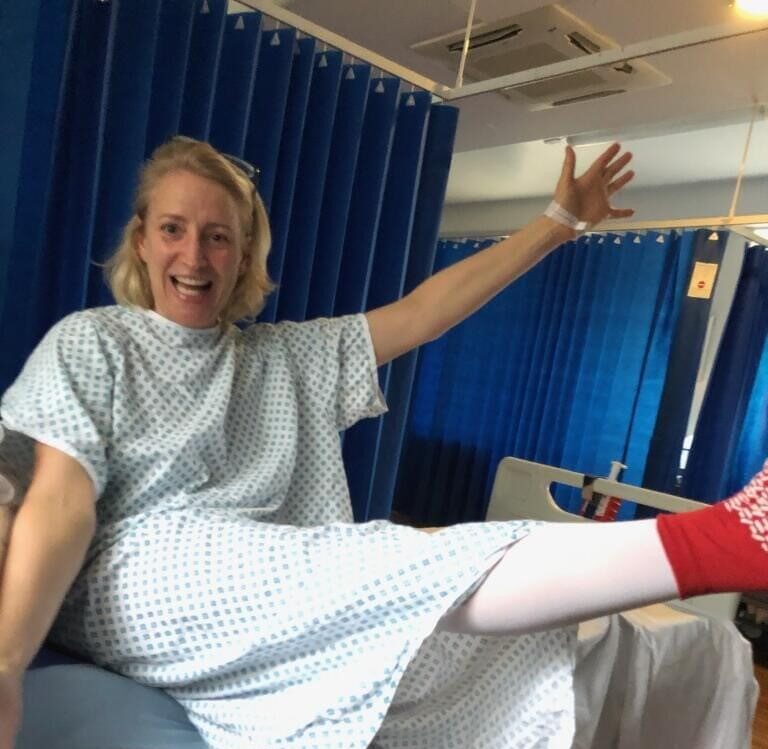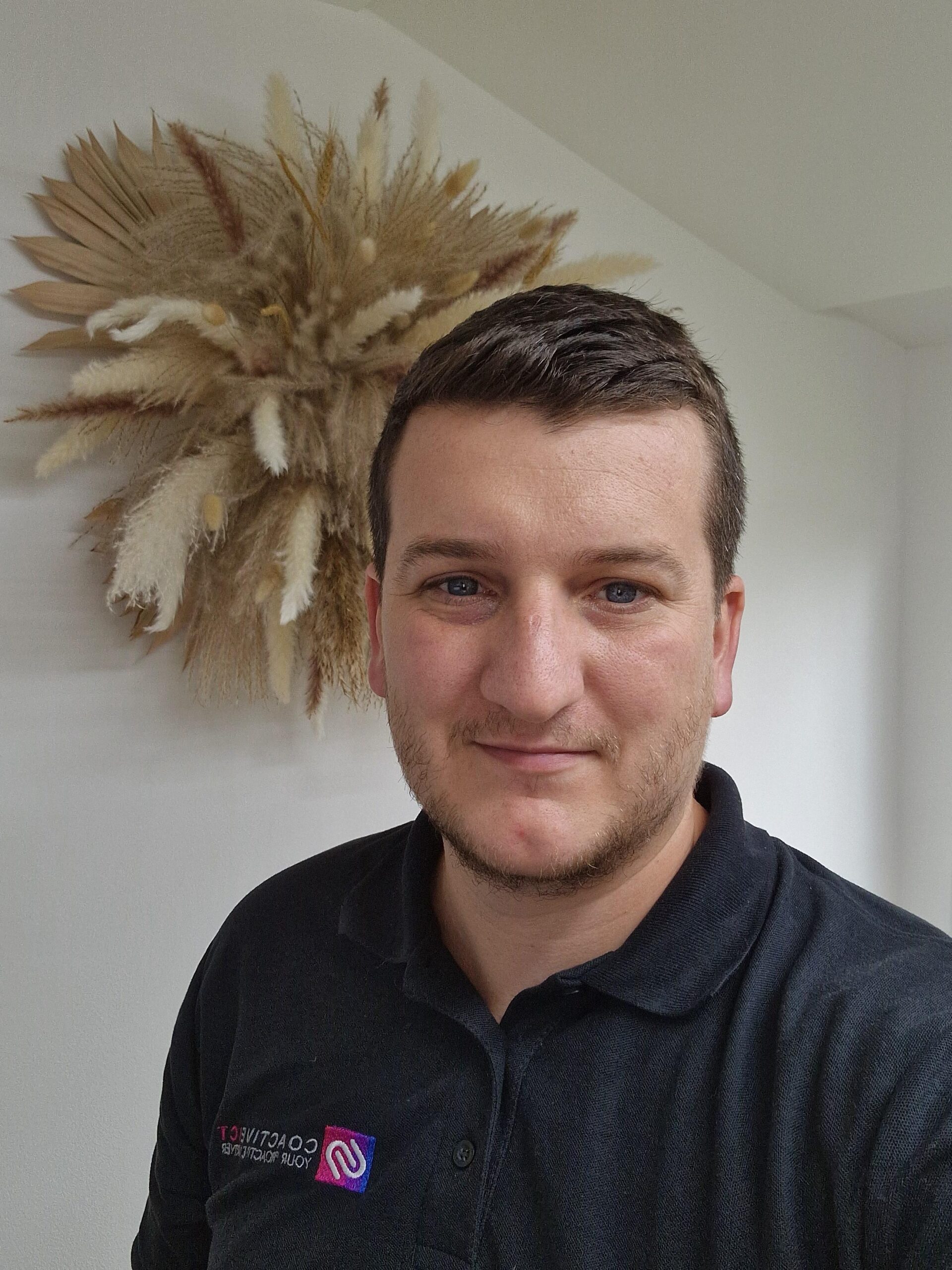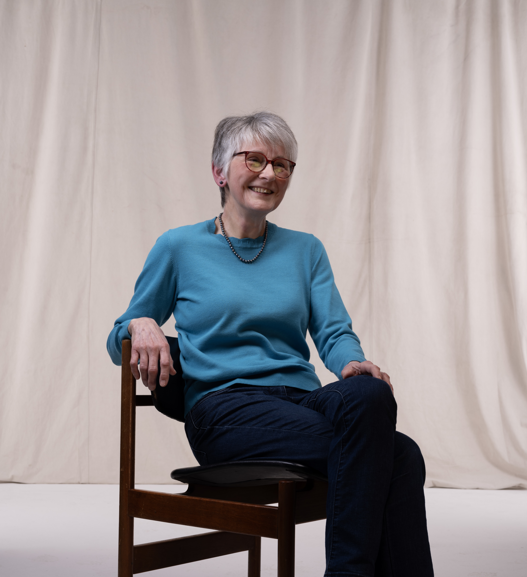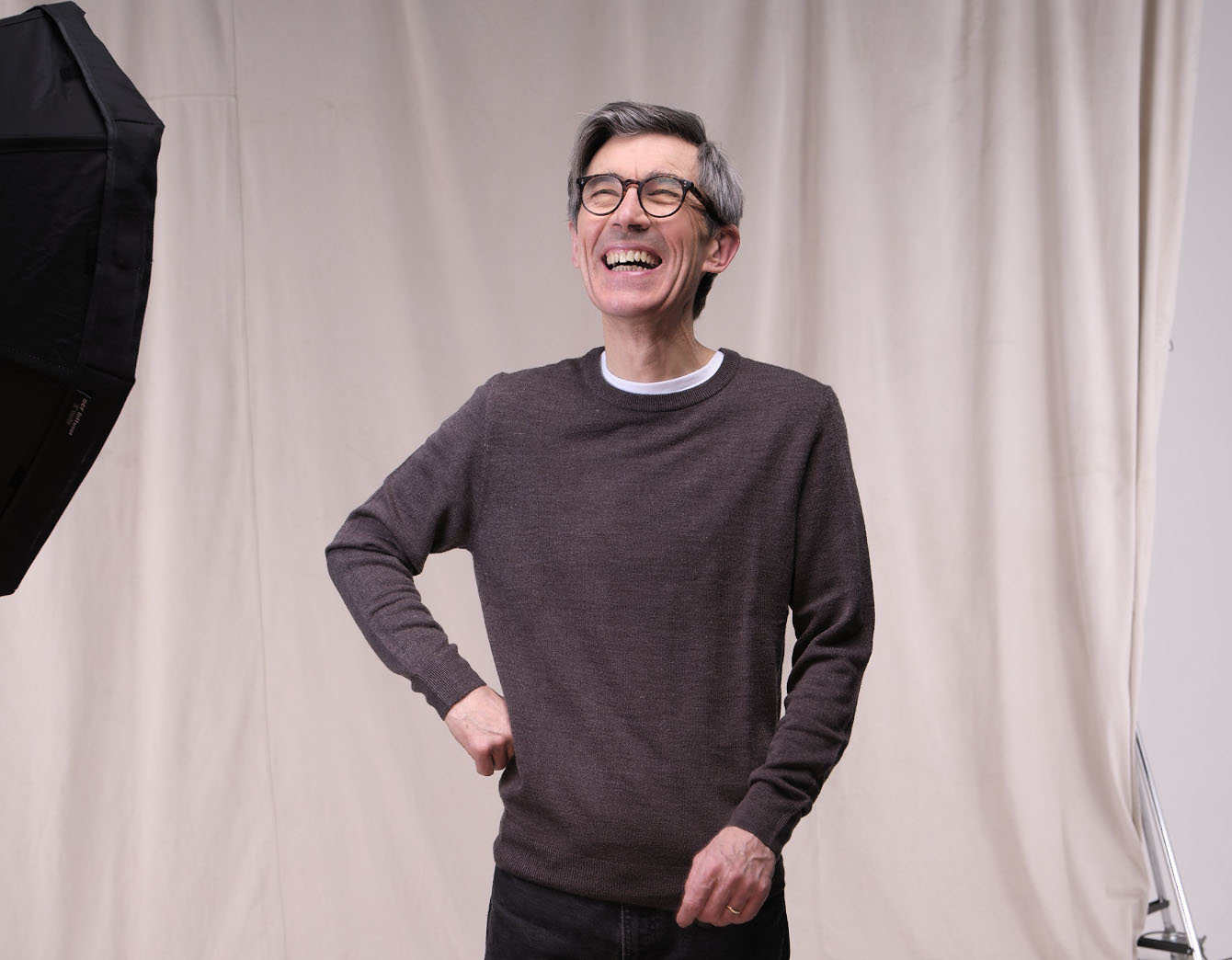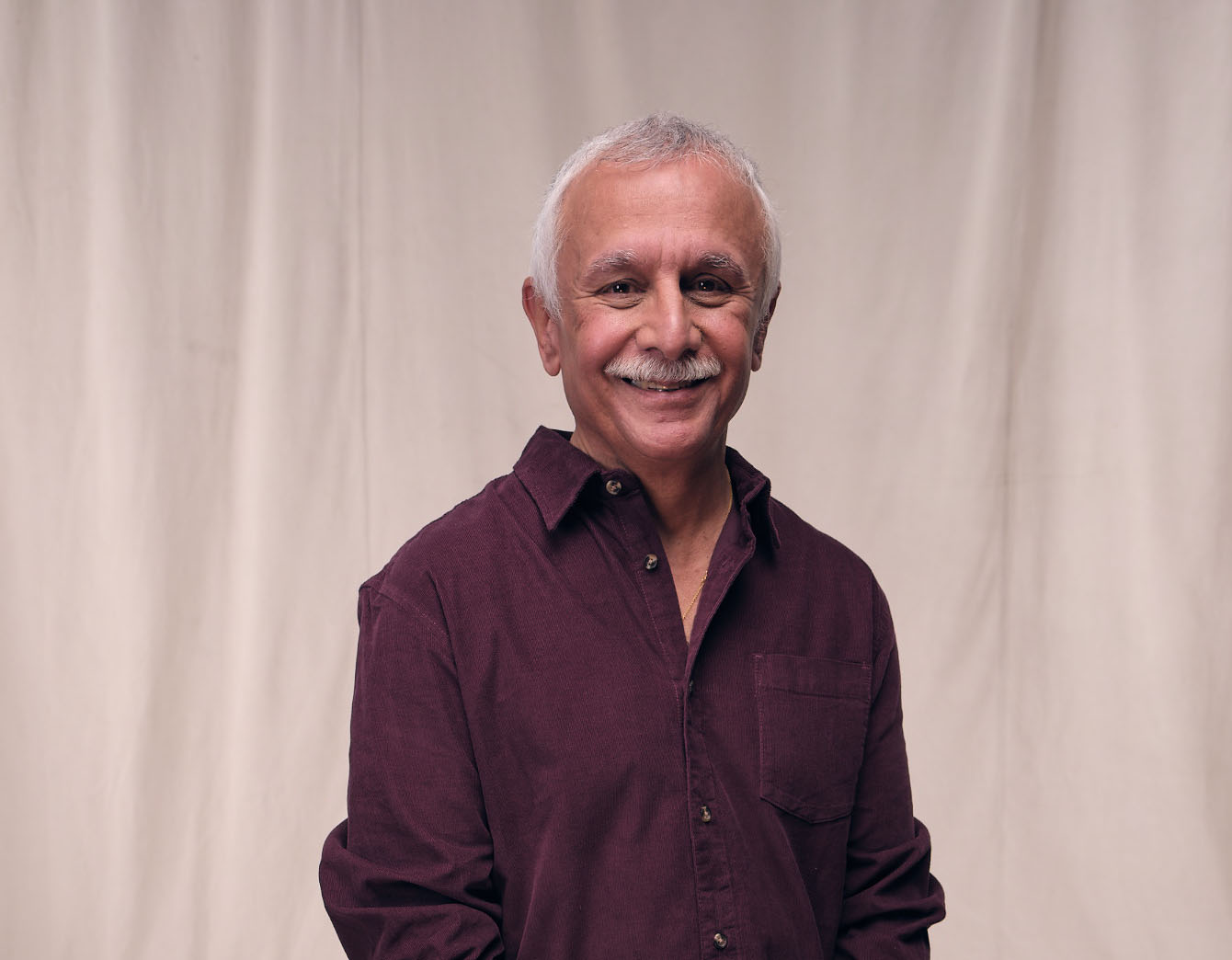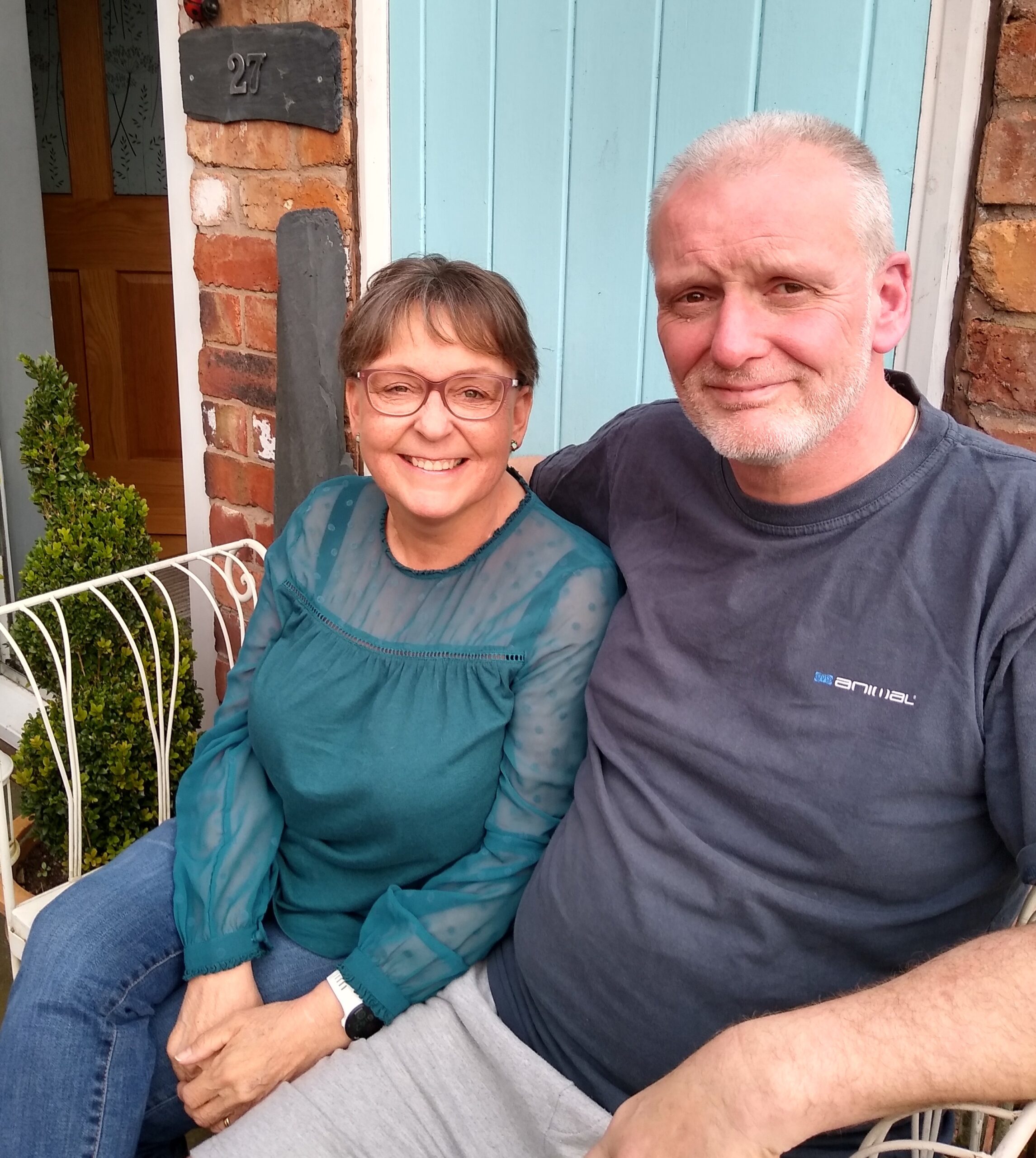Matt's dream of joining the police was shattered by an unexpected diagnosis of kidney disease, but his mother's kidney donation allowed him to thrive and pursue new dreams.
In April 2018, my then 22-year-old son Matt had been offered a great job with the Police and was about to graduate University of Birmingham with a degree in Politics. He beat hundreds of other applicants to the post and passed the fitness tests easily. All that remained was a medical which we all assumed he would pass with flying colours. Life was good for our family and I was preparing to re-marry in May of that year.
Everything looked fine at the medical, except that Matt had to repeat the urine test as traces of blood had been detected microscopically. We thought nothing of it. He gave another sample which again showed very slight anomalies and his GP suspected he had a mild urinary infection/ cystitis.
After the third sample continued to show traces of blood, Matt’s GP raised the possibility of a potential issue with his kidneys and he was referred to a Nephrologist. In the meantime, he continued to prepare to join the Police and they were happy to accept him once they had medical confirmation there were no serious issues. At this point we were still not too concerned as Matt looked and felt entirely fit and healthy. He was only weeks away from finishing his finals and was engrossed in studying and exams.
His GP checked back through his medical history and noticed that he had been diagnosed with a rare blood condition called Henoch Schonlein Purpura (HSP) at the age of 3, but no follow-ups to this illness were ever carried out and his GP at that time had not mentioned anything to me about damage to kidneys or any long-term effect from HSP.
Matt saw a Nephrologist who suspected he might have a form of chronic kidney disease called IgA Nephropathy. They explained to him that this was incurable and would likely lead to full renal failure and require dialysis and a transplant in years to come.
Matt called me, understandably shocked and upset to deliver the news. He was told that a career in the Police was now out of the question and he had been referred for a kidney biopsy.
Just 3 weeks before my wedding in May 2018, Matt underwent biopsy at QE Hospital in Birmingham and the diagnosis of IgA Nephropathy was confirmed.
We were told Matt would need a transplant within 2-5 years. Matt had to cope with this news, as well as all the turmoil and disruption of tests and appointments and the devastating knowledge that his chosen career was no longer an option to him, all while taking his final exams.
It was testament to his amazing courage, tenacity and determination to try and stay positive, that he graduated with a First Class (Hons) degree from University of Birmingham in July 2018. The pride I felt when he walked to the podium was indescribable.
Matt then had to re-think his career options and accept his second choice of graduate work placement, as he now knew that even after a transplant, he could not pursue a career in the Police with only one kidney. He left his university accommodation in Birmingham after graduation and came to live with my husband and I near Brighton, until he was due to move to Reading and start his second choice job in September.
While staying with us, Matt was referred to a Nephrologist at Brighton Hospital who told him that his kidney function was falling quicker than expected. Full renal failure was anticipated within a year, and he should prepare himself for dialysis. This was all a shock to us, as he appeared to be well and was not showing any outward signs of kidney disease. He was referred to a nutritionist who gave him a list of banned foods and told him that a careful diet was crucial to try and prolong the function of his kidneys. His blood pressure was also worryingly high, so he was put onto medication.
He moved to Reading in September 2018 and was referred to Oxford Churchill Hospital. They talked Matt through his dialysis options and suggested that Matt’s best chance was to have a transplant from a living donor. Naturally as his mother, I told Matt that I would put myself forward for testing. Matt’s nephrologist called me and explained that this all needed to happen sooner rather than later as Matt was deteriorating at a faster rate than first envisaged, and that a transplant should be carried out within 6 months.
I had my initial assessment and blood tests at Brighton Hospital (as did my husband, Matts stepfather). The following month I was told that I was a good match. Matt’s doctors suggested I come to Oxford for further tests in the work-up process to avoid any delays.
In November 2018 I had more blood tests, an ECG, chest x-rays, ultrasounds and CT scans. In December I was told that everything was clear except for persistent microscopic blood in my urine – the same problem Matt had before all this came to light. I was devastated that I had come this far in testing (and made the 200-mile round trip journey from Brighton to Oxford at least 5 times already with lots of time off work) and couldn’t bear to think I might fall at the final hurdle.
I was told I needed a cystoscopy which was carried out in Oxford the week before Christmas 2018. In the meantime, the doctors wanted to avoid dialysis for Matt and so suggested February as a potential transplant surgery date.
I had the cystoscopy and was told at the time it was clear. That was a relief, but this meant that because they had not determined a reason for the blood, they needed to carry out a biopsy of my kidneys to check I too didn’t have kidney disease or something else like cancer, stones or infections.
I was booked for the procedure at Oxford on 4 January 2019 – so it was quite a stressful holiday season for us all. Matt spent Christmas with us but we could see he was quite poorly, extremely tired and pale and getting out of breath frequently. He was also on such a strict diet that all Christmas chocolate and alcohol were banned. He was living on white bread, rice and peas. It broke my heart to see my son so ill and weak.
My transplant co-ordinator told us that if the biopsy was clear and the medical team gave the go-ahead for the operation, it would be pencilled in for 14 March 2019. I ended up having the biopsy on 4 January 2019. It was certainly uncomfortable, and I had to spend 6 hours lying completely flat afterwards to avoid bleeding, followed by a 3-hour drive home. I then had to spend the following days resting and not lifting anything heavy.
I had been told to expect the results by the end of January. The uncertainty and the waiting were nail-biting, but I had to focus on my son who was now showing alarmingly high levels of creatinine in his blood and had a remaining kidney function of less than 5%.
On Wednesday 9 January 2019, less than a week after my biopsy, I received a call at work. My Nephrologist had reviewed my biopsy results and they showed a condition called Thin Membrane Disease, which is what was causing the persistent microscopic blood in my urine. Luckily this is a benign condition and the function and structure of my kidneys was so good that the team had made the decision I could donate my left kidney to my son.
I was so overjoyed and relieved that I burst into tears in the middle of my office!
My co-ordinator said a cancellation had come up and the operating theatre was available on Thursday 24 January 2019 – just 2 weeks later. Matt’s medical team were anxious to get the operation done without delay, as Matt was just days away from total kidney failure and emergency dialysis and was really quite unwell.
I managed to juggle my workload so colleagues could take over and rushed around at home getting things organised. With only 2 weeks to go, I had little time to worry or get anxious about the operation.
My only concern in those weeks was to avoid all colds and infections which was not easy due to the time of year and the fact that my job as a Housing Officer means I come into contact with my residents all the time visiting them in their homes. They were very understanding however, and I managed to avoid all germs.
On 24 January 2019 my son and I arrived at Oxford Hospital and were admitted to the Transplant Ward to have our operations. I was taken into theatre first and after a 4-hour operation they removed my left kidney. Matt came to see me in the Recovery Ward on his way to the operating theatre. I was so drugged that I believed I had dreamed his visit!
They transplanted my kidney into Matt later that afternoon and returned him to the ward that evening. We were not able to see each other as we were both very drugged, but my husband and my daughter, as well as Matt’s father, moved between both our rooms checking on us regularly and passing messages. The following day I was wheeled to Matt’s room and we had a very emotional reunion.
We were both released from hospital after 5 days and I returned home to Brighton to recover while Matt stayed with his father. He returned to work after 6 weeks and in July – just 6 months after his transplant – Matt competed in and won a silver medal at The British Transplant Games. I took longer to recover but went back to work on a phased return in April 2019.
This year we celebrated our fifth anniversary of the transplant. Matt is feeling healthy, happy and has regained his confidence. Crucially, he has fully accepted the challenges he will face in a life with an organ transplant.
Matt continues to cycle and raise money for organ transplant clinics. He has participated twice in the 109 km Cape Town cycle tour in South Africa as well as having cycled from Oxford to Paris in 2022 and participated in the European Transplant Games 2023. He is an inspiration to all who know him.
A transplant is not a cure for kidney disease. However, what we sincerely hope it will do is give Matt many years of a normal life so he can pursue his dreams both personally and professionally. He will need to take anti-rejection medication for the remainder of his life, and hope that his body does not reject my kidney.
Unfortunately, it is likely Matt will need further transplants in his lifetime due to his age, which is why it is so important to carry on the excellent pioneering work of research into kidney disease, so we can hope that in years to come kidneys can be “manufactured” and patients will not need to rely on donor organs, which are still very much in short supply.
Organ donation is the greatest gift anyone can give another person. Through the miracle of live donation, I was able to save my sons life, with little effect on my future health and my own life.
"If I had three kidneys, I’d absolutely donate another one tomorrow, unquestionably."
Read“I’m a great believer that when you light a lamp for somebody, it will also brighten your path.”
Read"It’s now been almost 13 years since I donated, and nothing has changed in terms of my health or my lifestyle."
Read"Here was a chance to do something kind without having to wait for someone I know to need my support."
Read"Seeing how it helped my brother has made it all so, so worth it. As much as the journey was scary, it’s proven to be so rewarding."
Read“I wanted to share my kidney donation story to help build awareness of the good that we all can do to help someone worse off.”
Read“It’s amazing how a small amount of inconvenience on my part can make such a huge difference to someone else.”
Read20 years ago, David's enthusiasm for life was put to the test when he found out his kidneys were failing and he would need a transplant.
ReadAisha is determined to raise awareness of living kidney donation and encourage more people in South Asian communities to consider donating.
Read"My husband was living on dialysis, and I saw the constant reality of what that meant for him."
Read"I set myself clear goals to return to fitness and running after my kidney donation."
Read"This is me, Louise Sach, shortly after I was diagnosed with chronic renal failure."
Read"It has now been over a year since my donation. I have zero pain or discomfort, and I am entirely back to normal with nothing but a scar to remind me of my experience."
ReadRachel already knew more than she wanted to about the process of kidney donation before she gave her spare kidney to someone she didn’t know.
ReadHenry donated a kidney to his sister Helen, and has seen first-hand the difference a donation can make for someone with kidney disease.
Read“It has made absolutely no difference to my day-to-day life. My mum, however, has a life like never before.”
ReadNaomi knew she wanted to donate a kidney after learning about kidney disease and reality of life on dialysis.
ReadEmma donated her kidney to a stranger eight years ago after first seeing a story about non-directed donation on TV four years previously.
ReadJoyce thought that she was too old to donate a kidney, before learning there was no upper age limit for donating.
ReadMandy donated one of her kidneys to her younger cousin Lou, who was diagnosed with kidney problems when she was two years old.
Read"I don’t consider myself to be a hero or brave. I just did what I was brought up to do – to help others."
ReadJulie worked hard to stay fit and healthy while she was preparing to donate a kidney to her nephew.
Read"At the beginning it seemed like a difficult decision to make, but since the operation I don’t have any regrets."
ReadTessa believes that donating a kidney to a stranger is one of the best decisions she's ever made.
ReadLynn was 75 when she donated a kidney altruistically. "I knew I wanted to do it if I was capable of doing so."
Read“You don’t need to be a superhero, you don’t need to be a mega star of any sort. It’s something that normal people just like me can do."
ReadLaura knew she would donate a kidney to her sister if she needed it. When the time came, she found the process absolutely worth it.
Read"I've learnt a lot about myself and my own health – I would do it again in a heartbeat (if I had another kidney to spare!)"
Read"I believe that if you are in a position to help someone else less fortunate than yourself, then you should do so."
ReadEvery kidneyversary deserves a celebration, but in 2024 Elaine marked a particularly poignant milestone – 10 years since she donated a kidney to her eldest daughter.
Read"I feel immeasurably better in myself knowing I have been able to give my brother the gift of a healthy life."
ReadDennis is keen to show people that you can still live your life as normal and achieve great things after donating a kidney.
ReadWhen Ali heard that a former colleague was waiting for a kidney transplant, he knew within minutes that he would offer one of his.
Read"My mum needed a kidney, and I didn’t need both of mine. When I heard that, I didn't have any hesitation."
ReadKathryn faced life-changing kidney failure after being diagnosed with the rare disease, IgA vasculitis.
ReadMarianne has seen first hand the benefits that kidney donation can bring to a family, and feels blessed that she was able to donate a kidney to her brother.
ReadBen felt drained by kidney disease for over 12 years before his cousin gave him a second chance at life by donating his kidney.
ReadJulie donated to her son and knows first hand that donating an organ doesn’t just save a person. It saves a family.
ReadAnne donated into the UK Living Kidney Sharing Scheme so that her brother could receive a kidney transplant.
Read"Within both the Jain and Hindu faiths benevolence to others is supposed to be a key principle. What could be a greater act of benevolence than transforming someone’s life by giving them part of yourself?"
Read"If I had more Kidneys to give, I'd be donating to anyone who needed one."
ReadTrainee teacher Mark is grateful for the life-saving kidney transplant from his brother that put him back on track for life and his career.
ReadSheldon & Hayley watched their daughter Daisy-May go from a shock diagnosis of kidney failure to dialysis, then transplant, in an emotional rollercoaster lasting 16 months.
ReadMy donor gave me a life to live for. I have done things I had never considered doing whilst on dialysis.
Read"If I had another kidney to spare, I would donate in a heartbeat. It was life changing for my husband, and for me as a person."
ReadDavid is just an average Joe. A motorcycling, 54-year-old father and grandfather. And 6 years ago, he donated one of his kidneys to someone who needed it more than he did.
Read40 years ago, Kathleen donated one of her kidneys to Cheryl, who was just five years old at the time.
Read"Giving a small part of me that I didn’t need to someone else would make little difference in my life, but a huge difference in theirs – it was an easy decision for me to make."
ReadLiz's family struggled at first with her determination to donate her kidney to someone unrelated to her.
Read"I donated a kidney to my dad 10 years ago, aged 25. To me, it was a no brainer."
ReadSarah had seen the life-changing difference donating a kidney could have, and immediately knew it was something she wanted to do.
ReadI would not feel as comfortable in my own skin as I do now if I had not donated my kidney.
ReadPete’s kidney gave me my life back and gave my son Edward a mum with energy and vitality.
ReadWhether you’ve already decided to donate a kidney, or you are interested in finding out more about the process and what it involves, we’re here to answer any questions you might have.
